Your cart is empty.


Your cart is empty.
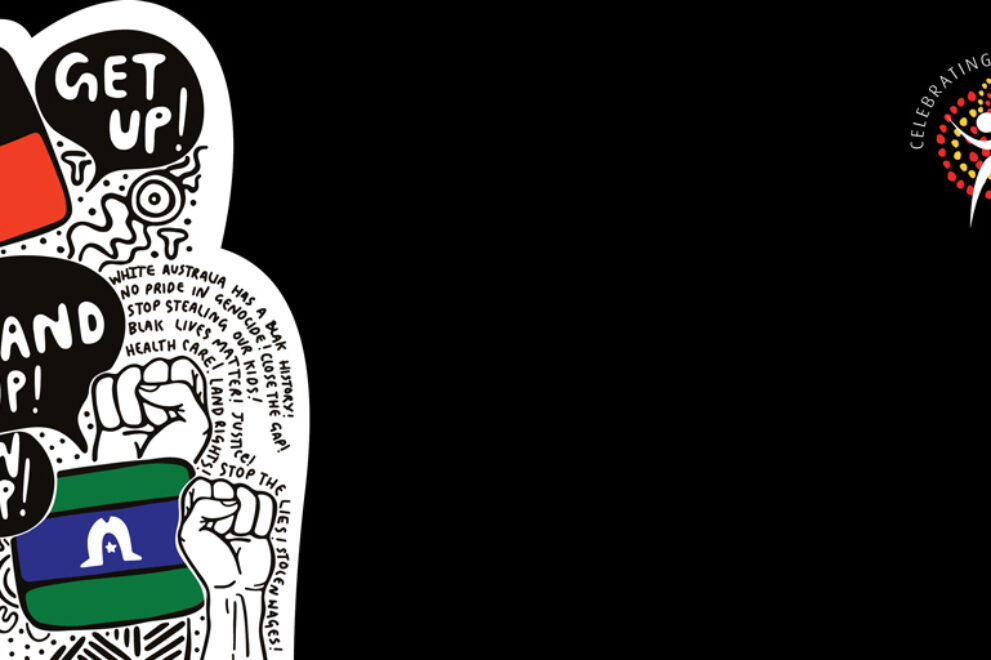
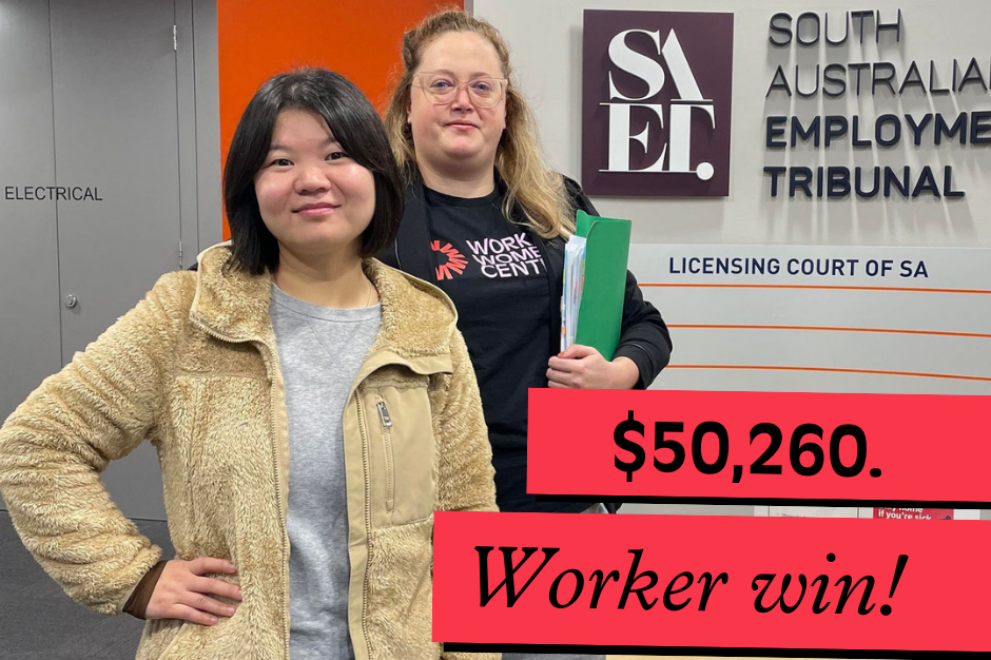
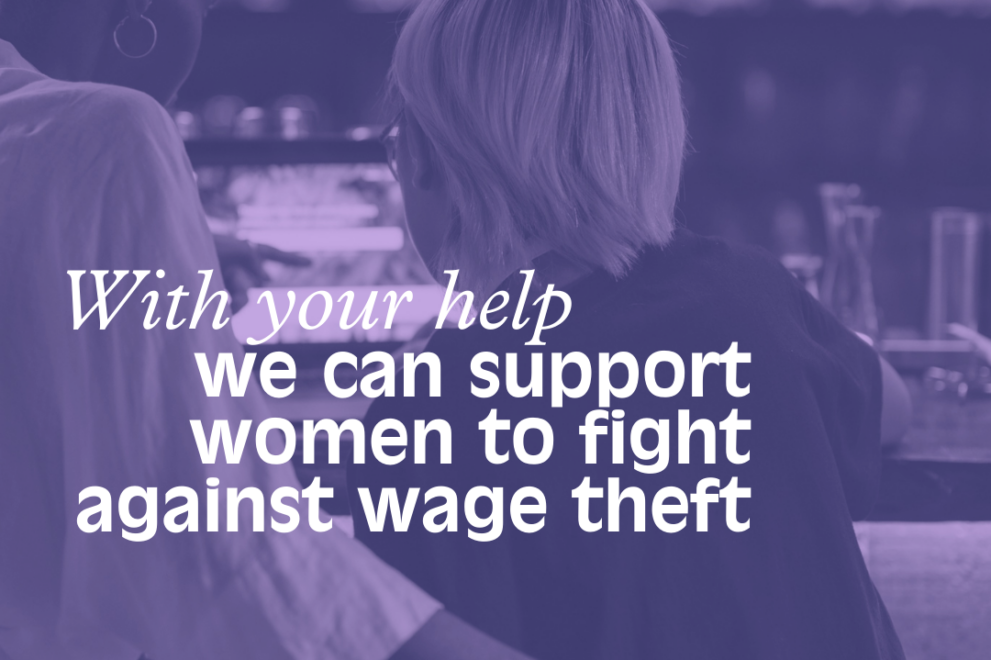
The Working Women’s Centre SA Inc will be running a free walk-in legal advice clinic at Pooraka Farm Community Centre.
When: Thursday 30th June 2022.
9.30am – 11.30am.
1.30pm – 4.30pm.
Where: 126 Henderson Ave, Pooraka, (Pooraka Farm Community Centre)
If you or someone that you know has a workplace-related issue and needs access to free legal advice, drop in and have a chat with one of our friendly Industrial Officers.
If you still need free legal advice, but can’t make it to the walk-in clinic you can call us to make an appointment to receive advice via the telephone.
Call us on: (08) 8410 6499
or for a free phone call 1800 652 697
You will have the opportunity to get free and confidential legal advice in relation to a wide range of workplace issues including wages and conditions, dismissals and sexual harassment. We will also discuss union membership and connect you with your union.
We have appointments available on:
Appointments will be conducted in person at SA Unions or via the phone. Clients can choose to attend in person or participate by telephone.
To book an appointment call: (08) 8410 6499 or you can make an online inquiry here:
https://wwcsa.org.au/enquiry-form/
Any details that you provide will be kept confidential and we do not make contact with your employer without your consent.
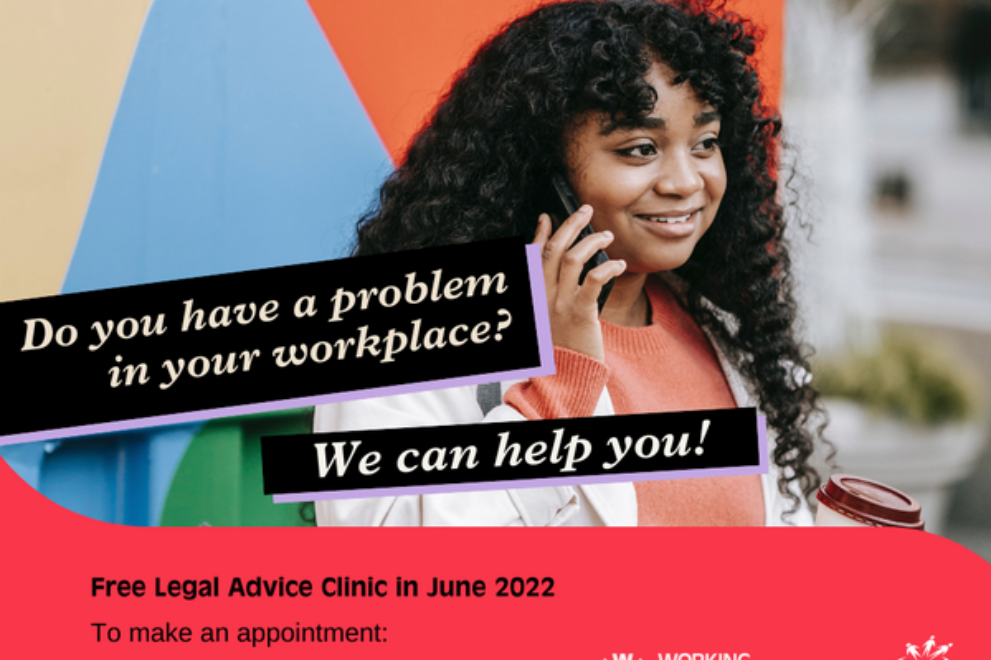
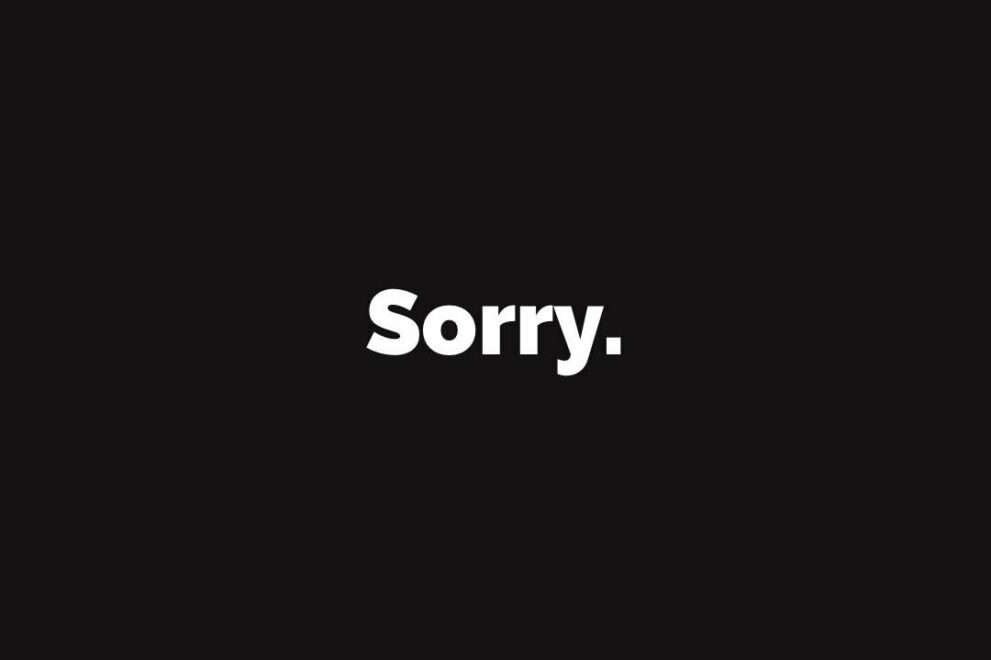
23 November 2021
Background to policy
The WWC SA is a community service that needs to balance accessibility, community safety and Work Health and Safety of all staff, volunteers, and management committee. Vaccination, along with masks, office hygiene, social distanced conversation, is the safest and most efficient way to prevent COVID-transmission and the WWC SA is committed to keeping all workers and volunteers safe as well as the community at large.
Emergency declarations that mandate vaccinations and isolation are often made with short notice to the public and for this reason, this policy will be regularly reviewed to ensure compliance with those declarations.
Vaccination policy for visitors who are eligible for the vaccination
All visitors, as of 23 November 2021, to the WWC must be double vaccinated against COVID-19 to enter the office space at Level 1 Station Arcade 52 Hindley Street Adelaide (“the office”). Where relevant and if eligible all visitors to the centre must have obtained their booster COVID-19 vaccine.
All vaccinations must be approved by the Australia government. For ease of reference here is a list of approved vaccinations: https://www.health.gov.au/initiatives-and-programs/covid-19-vaccines/approved-vaccines
Proof of Vaccine
Where an employee, volunteer or management committee member has invited a person to the Centre, it is their responsibility to ensure that the visitor has shown their proof of vaccination prior to entering the office. If possible, this should be done in advance of them attending the office.
Walk-ins
Where a person unexpectantly visits the Centre, it is the responsibility of the staff member or volunteer that greets the person, to ask for proof of vaccination prior to them entering the wider office space. If the visitor cannot provide proof of vaccination, the staff member must ask the person to leave citing this policy and offer to provide a service over the telephone or online.
A copy of this policy must be provided to the walk in. A policy notice must be visible on the door.
Vaccination Exemptions
We recognize that there are medical reasons why a person may not be able to receive a COVID-19 vaccination, or may choose not to in their circumstances, including because of protected attributes such as disability.
We will only accept evidence of an exemption where it is evidence by Australian Immunisation Register (AIR) to say the person has a medical contraindication.
Where a person who seeks to enter the WWC office and has a health exemption for the vaccination, where possible we will make alternative arrangements (online or telephone meeting) for that person or persons to meet with staff member or volunteer. Where an online or telephone meeting is not appropriate, then the staff member must meet with the Director and Work Health and Safety officer to discuss a strategy.
Masks
All fully vaccinated people visiting the office must always wear a mask for the duration of their visit, unless they have an underlying health condition that prevents them from wearing one.
Where a WWC SA worker or volunteer can socially distance themselves from the client or member of the public and they are located in a well-ventilated office, then the worker or volunteer can elect to remove their mask and allow the fully vaccinated client member of the public to do the same.
Digital Divide
We recognize that for some clients, arranging an online or telephone meeting is difficult due to reduced digital literacy or not having the tools to do so (phone credit, a computer or smart phone). Where a staff member or volunteer identifies a digital barrier to an eligible but unvaccinated person accessing our service they must speak with the Director or WHS officer to discuss whether there is an alternative measure we can take to provide a service to them.
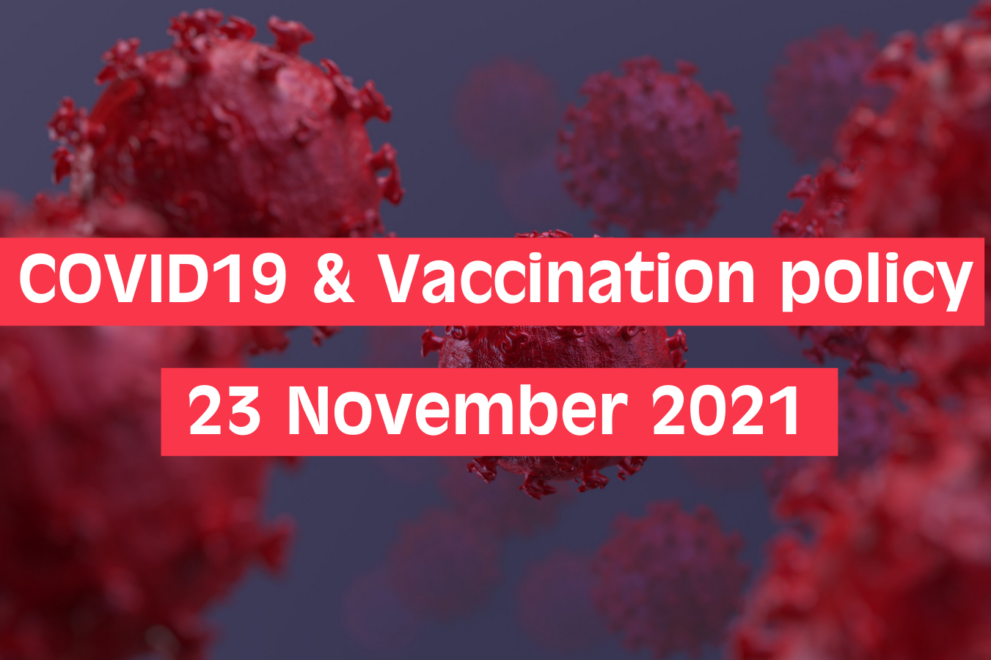
In the first 12 years of their child’s life, most women’s careers, finances and ability to participate in the workplace is seriously undermined by the rolling inequities in law and public policy about parenting and family.
The Working Women’s Centre SA invites Professor Rae Cooper and Associate Professor Elizabeth Hill, two pre-eminent experts in the world of women, family, and work, to discuss how public policy and legislation effects women, work, and families.
We will discuss the big-ticket public policies that rule the first 12 years of parenting:
We are going to examine these public policies and laws and ask the following questions:
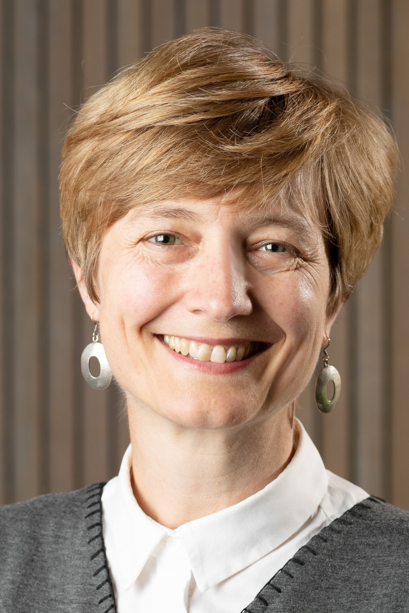
Associate Professor Elizabeth Hill
Elizabeth Hill is Associate Professor in political economy at The University of Sydney. Elizabeth is the Deputy Director of the new Gender Equality in Working Life Research Initiative at The University of Sydney and co-convenor of the Australian Work and Family Policy Roundtable. As a leading researcher on the future of women, work and care in Australia and the Asian region, she has collaborated on research into gender equality, work and care with leading national and international institutions, including the International Labour Organisation and UN Women. Elizabeth has served as a non-executive director on a number of non-profit Boards and is an experienced media commentator and advisor to government, unions, and business.
Her university webpage is https://www.sydney.edu.au/arts/about/our-people/academic-staff/elizabeth-hill.html
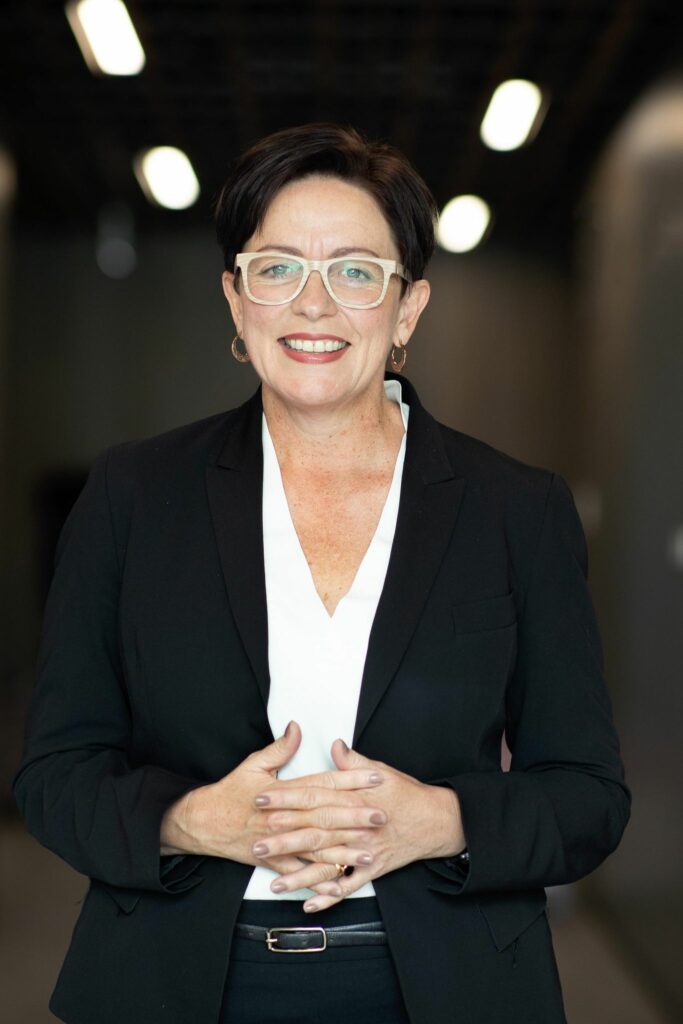
Professor Rae Cooper, AO
Rae is Professor of Gender, Work and Employment Relations at the University of Sydney Business School. She is Director of the newly formed University of Sydney Gender Equality in Working Life Research Initiative and is co-Director of the Women, Work and Leadership Research Group. Rae is President Elect of ILERA, is a past President and Executive member of AIRAANZ and is currently an editor of the Journal of Industrial Relations. Rae has published over 60 articles and chapters on industrial relations policy and legislation, trade unionism and collective bargaining, and women’s working lives. Her work has been funded by the Australian Research Council, state and federal government agencies, businesses and unions. Rae is known for her collaboration with labour market stakeholders having collaborated on research projects with key organisations including the AICD, ACTU, NSW Law Society, and the SDA. Rae has significant experience as a member of government and community sector boards and committees and has previously been a Director of the NSW TAFE Commission Board, Chair of the Board of Directors of Hearing Australia, Chair of the NSW Premier’s Expert Advisory Council on Women, and Chair of the NSW Working Women’s Centre. Rae was made an Officer of the Order of Australia in 2019 in recognition of her contributions to Australian higher education and workplace policy and practice.
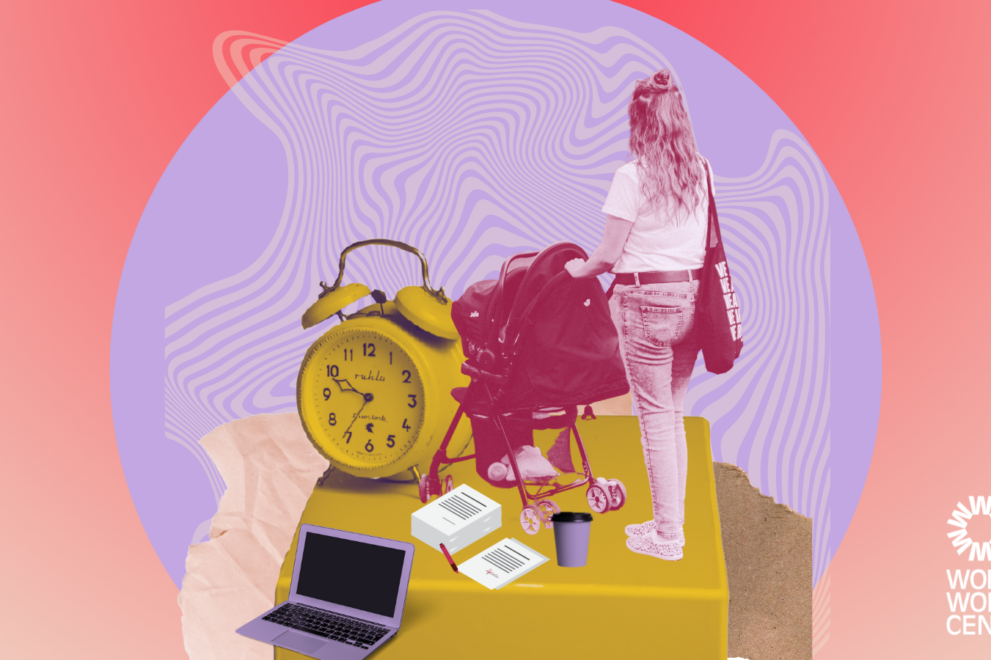
The Senior Advocacy Officer is responsible to the Director. The role will require supervision of junior advocacy officers and volunteers to the Centre. The role will require the Senior Advocacy Officer to lead, in conjunction with the Director, campaigns, advocacy and fundraising projects that relate to the Centre’s objectives. Presently the Centre is engaged in advocacy and campaigning projects on the following issues:
The Senior Advocacy officer will be responsible (under the supervision of the Director) for the precarious work and sexual violence project and share collective responsibility for the other campaigns and advocacy projects. The Senior Advocacy Officer will also be expected to work with the Director to attract funding for the Centre and supervise fundraising activities.
In this role, every week will look different as you take on a diverse range of tasks as part of a small organisation. You will lead a team of energetic volunteers and drive advocacy projects to improve working conditions for women and vulnerable workers. You will work as part of a supportive and collaborative staff team to make a difference.
Any experience you have in event management, communications, campaigning, organising, fundraising, strategy or education would be useful for this role. Basic digital skills in programs such as WordPress, Canva and Zoom would be of use.
We know that sometimes the best people for the role may not fit the exact selection criteria.
To discuss this role, please contact Abbey Kendall, Director of the Working Women’s Centre SA on (08) 8410 6499.
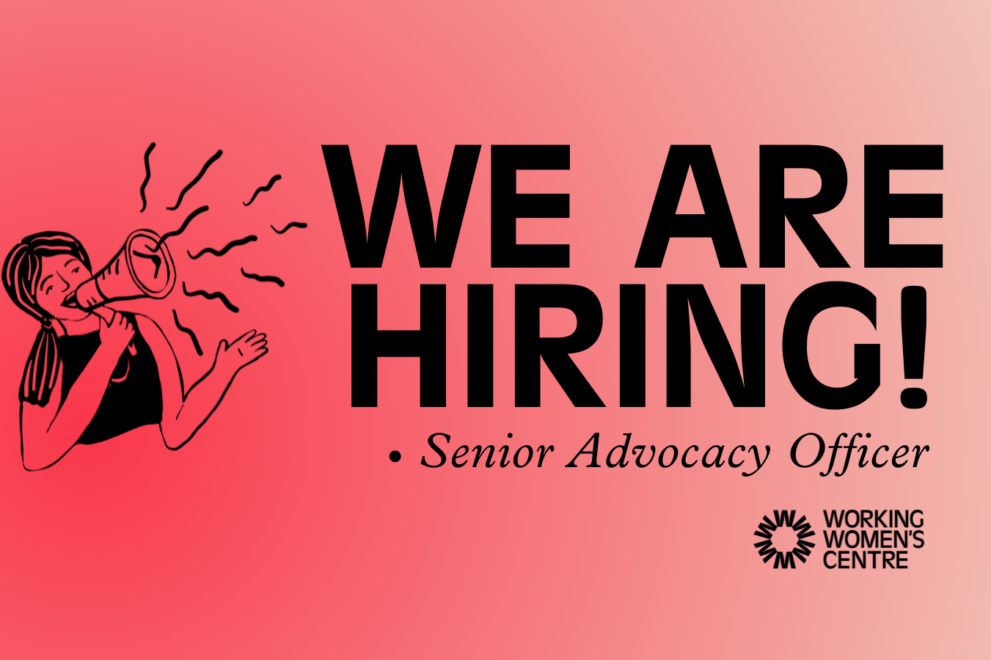
The Morrison Government has been accused of ignoring another recommendation of the landmark Respect at Work report.
Working Women’s Centres were singled out by Sex Discrimination Commissioner Kate Jenkins as an essential service for providing support for victim-survivors of sexual harassment, but the future of two centres – in the Northern Territory and Queensland – is in doubt.
Featured:
Emma Sharp
Nicki Petrou, Director, NT Working Women’s Centre
Abbey Kendall, Director, SA Working Women’s Centre
Helen Campbell, Executive Officer, NSW Women’s Legal Service
Reporter:
Cathy Van Extel
Duration: 7min 54sec

WHEN
14 Oct 2021
4.00-6.00pm
EVENT TYPE
Workshop
WHERE
The Working Women’s Centre SA, Level 1 Station Arcade, 52 Hindley Street
ACCESSIBILITY
The venue is wheelchair accessible. The nearest disability access bathrooms are at the Adelaide Train Station.
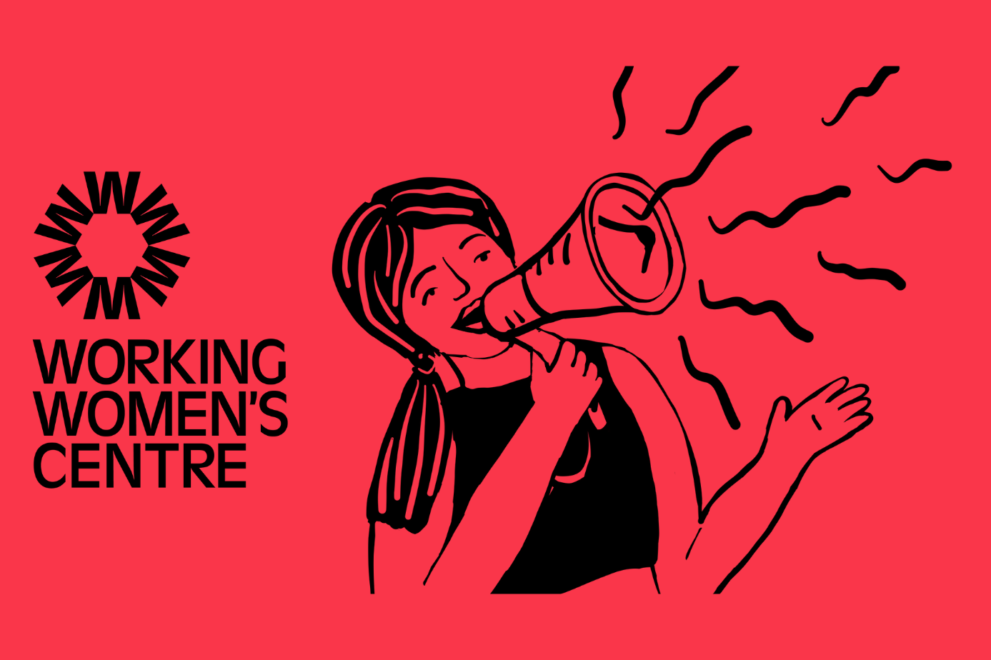
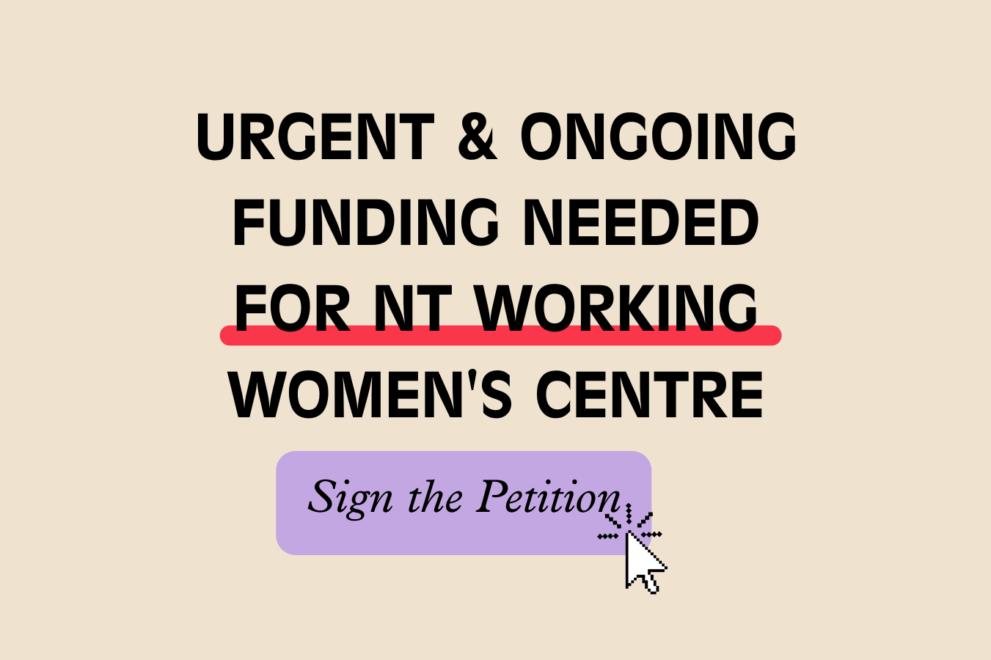
Appointments will be held at the Legal Advice Clinic – City West Campus on:
To make an appointment please telephone WWC SA on 8410 6499 or complete the online form at:
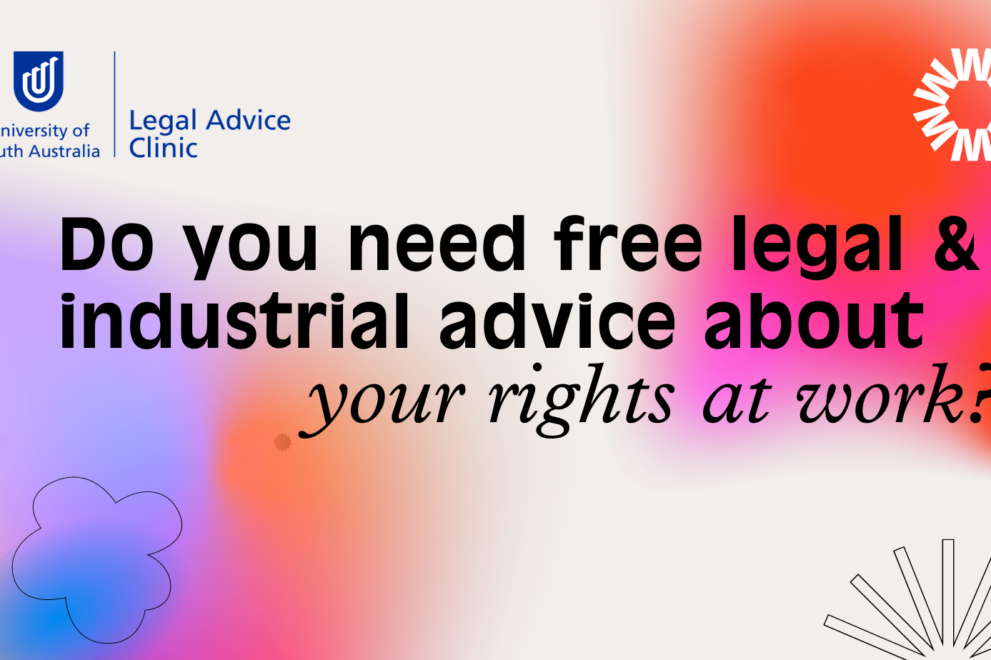
In the wake of the Women’s Safety Summit, leaders of key sexual harassment support services in South Australia, Queensland and Northern Territory express disappointment at the government’s empty words about the need for holistic approaches to prevent violence against women. Working Women’s Centres are specialist women’s services which provide holistic advice, information and support for women experiencing workplace sexual harassment.
Despite the Morrison government’s emphasis at the Women’s Safety Summit on the importance of holistic community services, the Government made no commitment to implement Recommendation 49 of the Respect@Work Report and fund Working Women’s Centres as a standalone funding line.
Recommendation 49 of the Australian Human Rights Commission’s Report states ‘[that] Australian governments provide increased and recurrent funding to Working Women’s Centres to provide information, advice, and assistance to vulnerable workers who experience sexual harassment.’ The Sex Discrimination Commissioner, Kate Jenkins, recognised the unique holistic support provided by Working Women’s Centres: “We found they were uniquely the most effective, victim-centric model that could deliver support, advice [and] advocacy to women [across a] range of issues in their work.”
Despite this strong recommendation from the Sex Discrimination Commissioner, the Federal Government has continued to ignore Recommendation 49 and the suite of recommendations put forward in the Respect@Work Report. Recommendations required to drive the necessary cultural shift towards providing safer workplaces and societies for female citizens, and for some of its most vulnerable members.
Last month, Working Women’s Centre directors again wrote to the Federal Attorney-General Michaelia Cash asking for an update as to the progress of prospective funding under Recommendation 49. In a letter from the Attorney-General received on the eve of the Summit Roundtable discussions, the Federal Government stated it has done its part funding Recommendation 53 in relation to legal services and recommended that Working Women’s Centres compete for this money.
While some Working Women’s Centres may be eligible to apply for funding out of a general allocation for legal services, not all Working Women’s Centres are legal centres. Working Women’s Centres are uniquely valuable due to their holistic approach, focus on prevention and advocacy work. Legal services are one part of the solution and the Attorney-General’s response fails to recognise the unique role that Working Women’s Centres play in the workplace landscape. By ignoring Recommendation 49, and instead asking Working Women’s Centres to fight it out for a portion of the funding allocated for legal services, the Morrison government has failed working women who rely on Working Women’s Centres’ services.
Last week, Labor announced that if elected, the party would fund Working Women’s Centres around the country. While the Coalition government has accepted Recommendation 49, the recommendation has not yet been implemented by the government, along with many other recommendations which remain ignored.
With the NT Working Women’s Centre just months away from closing, Working Women’s Centres leaders are calling for immediate funding for the NT and Queensland Working Women’s Centres, and for a bipartisan commitment to fully fund Working Women’s Centres around the country.
Quotes attributable to Nicki Petrou, Director NT Working Women’s Centre:
“It was made clear at the Safety Summit that local based services were best placed to respond to the unique need in their own backyards, and yet this is not new to those on the ground. Instead, we have seen cherry picking and unilateral funding commitments without discussions with the states or territories as to what is required, without an understanding as to what is happening on the ground, who is providing what, what is the need.
The NT Working Women’s Centre will continue to operate until the end of the year- that is all we can say at this stage without funding security.
We do not want to see Territory women the casualties of a political funding battle especially when every minute counts for us right now. The Federal Government’s response feels like a huge cop out, after stringing us along for months…especially when they know our situation.”
“The need for this funding is urgent: there has been a national outcry against workplace sexual harassment and assault that we know occurs in every industry. We cannot delay this. The NTWWC do not want to start turning women away especially when as a society we are now encouraging women to come forward and share their story, to say enough is enough but not provide the support that is needed when it is needed.”
Quote attributable to Abbey Kendall, Director of SA Working Women’s Centre
“We have been fighting for funding recognition for the last 8 months and we welcome Labor’s pledge to sustainably fund Working Women’s Centres and ensure that all Australian women can have access to our world leading model of service, no matter where they work and live. Sexual harassment in the workplace should not be politicised.
“We need funding action from the Federal Government and bi-partisan support for our services. This is a no-brainer, the Federal Government have an opportunity to make their mark in the prevention of sexual harassment, and they can do it by funding a holistic, professional and trauma informed service that has a proven track record of improving the lives of Australian working women.”
Quotes attributable to Claire Moore, Acting Director of Basic Rights Queensland (Working Women’s QLD)
“Working Women’s Centres have proven our worth over many years. We support women to understand their rights and have access to the system to achieve outcomes when these rights have been violated. The struggle for effective funding has highlighted the unmet needs of women and the impact on their lives, their workplaces, and their families. The Respect@Work report acknowledged the need for these services as an integral element of the response to the systemic damage to women who are damaged by harassment, discrimination, and isolation. Their voices need to be heard.”
Save our Working Women’s Centres website:
https://saveourworkingwomenscentres.com.au/
WHEN
07 Oct 2021
6.00 – 7.30pm
EVENT TYPE
Workshop
WHERE
Minor Works Building (22 Stamford Court, Adelaide)
ACCESSIBILITY
Wheelchair Accessibility
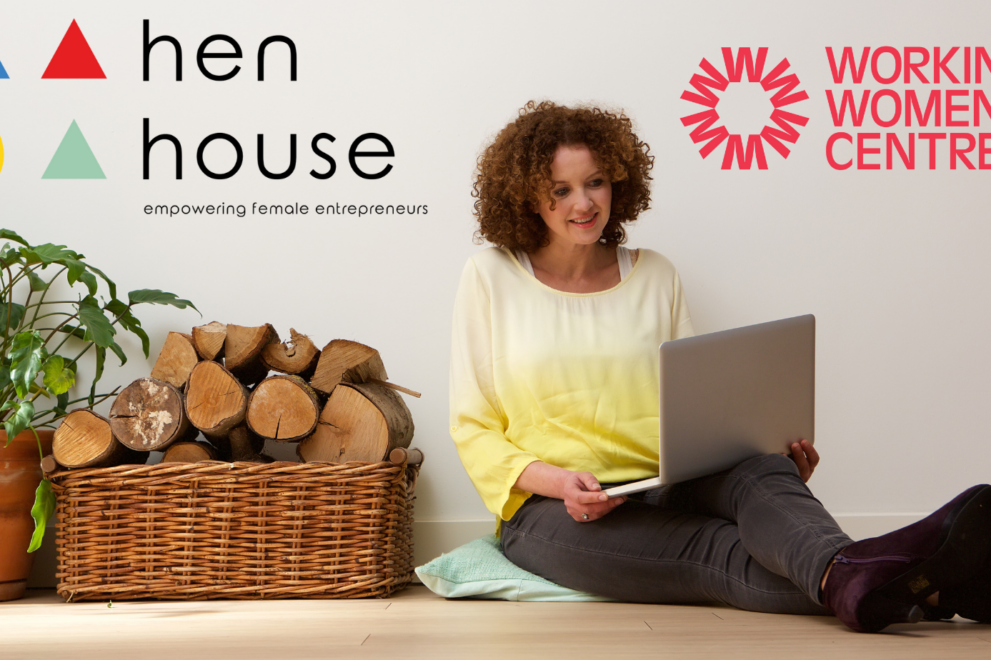
We are looking for a small team of volunteer Fundraising Ambarassors! The fundraising ambassadors will drive our fundraising efforts to help us reach our fundraising goal ($50,000 over the next 12 months). You will organise community engagement activities to help us fundraise and build our community of supporters. This will include helping to organise a large fundraiser event in April or May of 2022.
![]() Are available to attend our Fundraising Ambassador Info Night at 29 SEP, 5:30 PM – 7:30 PM
Are available to attend our Fundraising Ambassador Info Night at 29 SEP, 5:30 PM – 7:30 PM
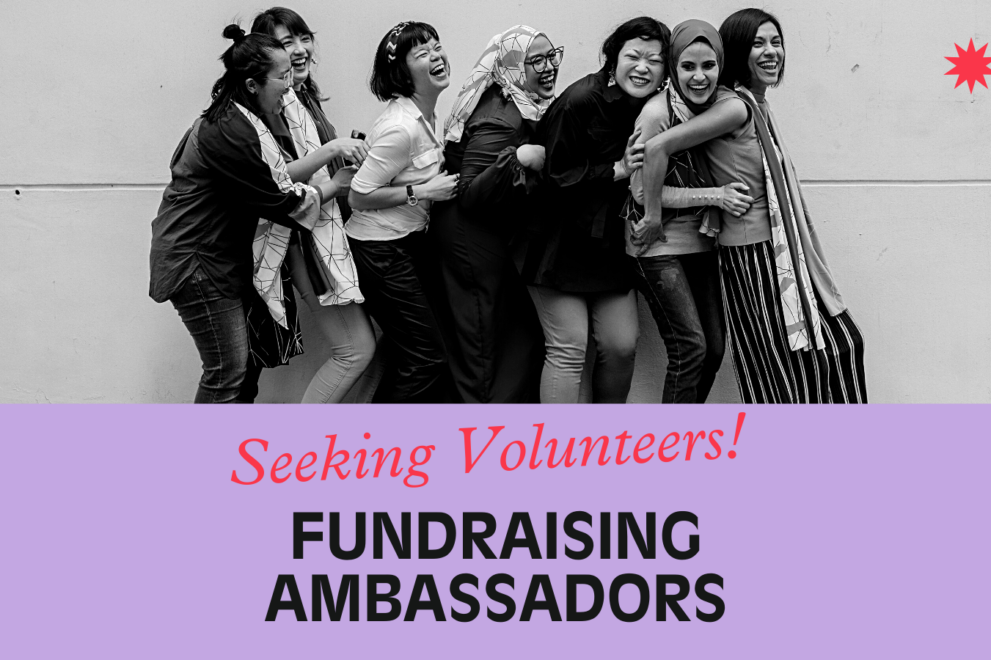
Watch online here:
The recordings and transcripts of the event will be available after the summit.

“We don’t want a culture where we expect the onus to be on the victim or survivor and therefore make women take the first step and react to sexual harassment, as opposed to stopping it from happening in the first place,” says Kendall.”
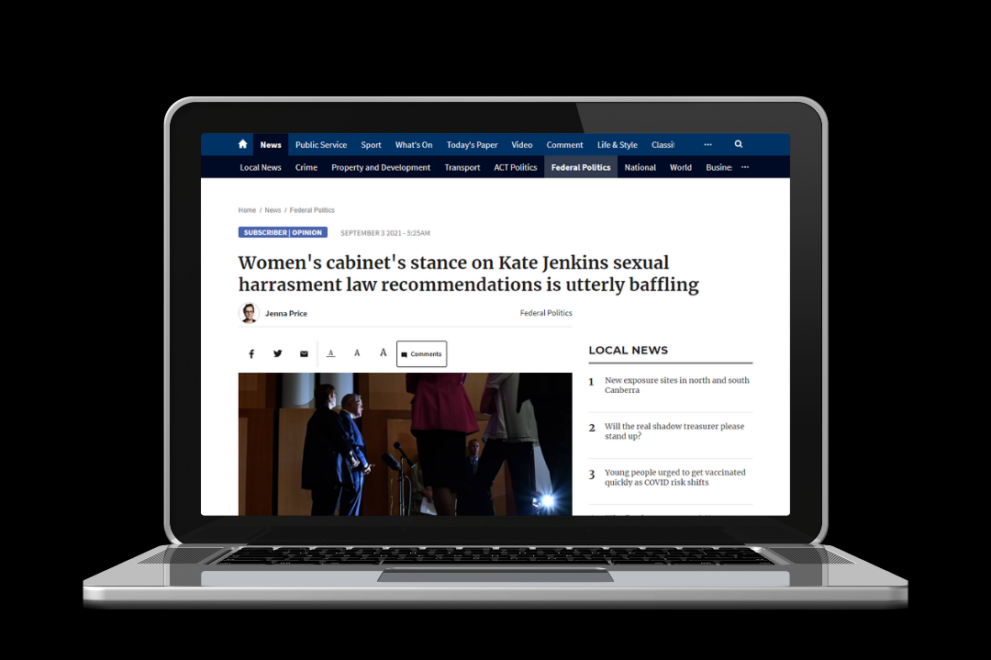
Equal Pay Day was established to address the gender pay gap, the difference between women’s and men’s average weekly full-time equivalent earnings, expressed as a percentage of men’s earnings.
According to the Workplace Gender Equality Agency (WGEA), in 2021, the national gender pay gap is 14.20%, which means that Australian working women on average are paid $261.50 less than their male counterparts. What a disgrace!
|
|
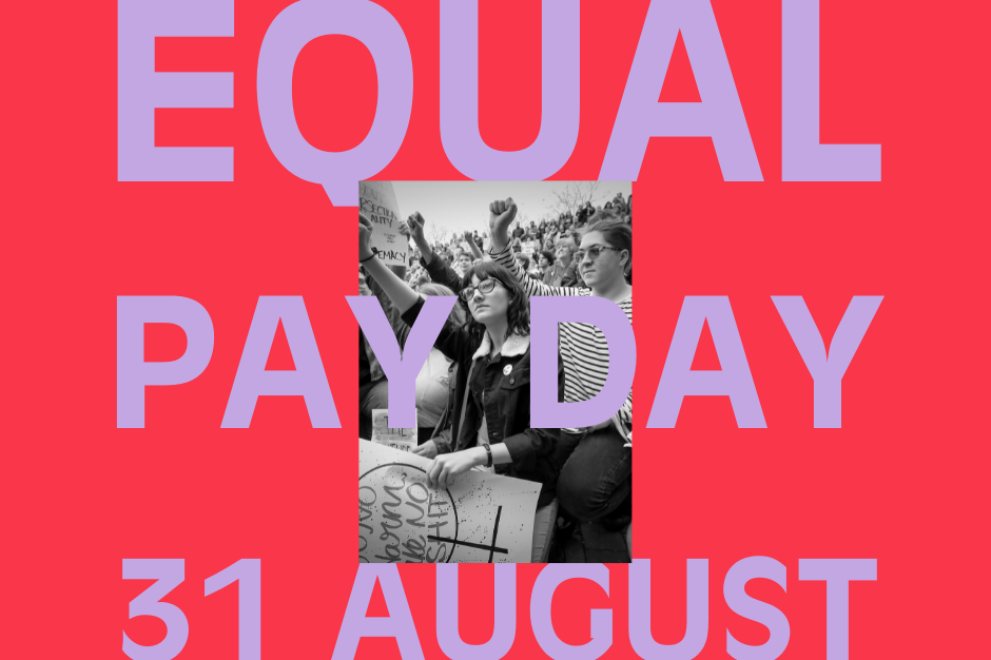

Read the full article on Refinery19

Read the full article on Refinery29 here
The Northern Territory Working Women’s Centre — a community-based non-profit organisation that supports women through gender discrimination, sexual harassment and assault in the workplace — is at risk of closure. Sign the petition to demand federal funding — it only takes 2 minutes! To read more about Refinery29 Australia’s long-term initiative to dismantle sexual harassment in the workplace, visit the #FiredUp hub.
“reclaim its position as leaders in tackling sexual harassment, provide employers with the guidance they need and victims the support and redress they deserve.”
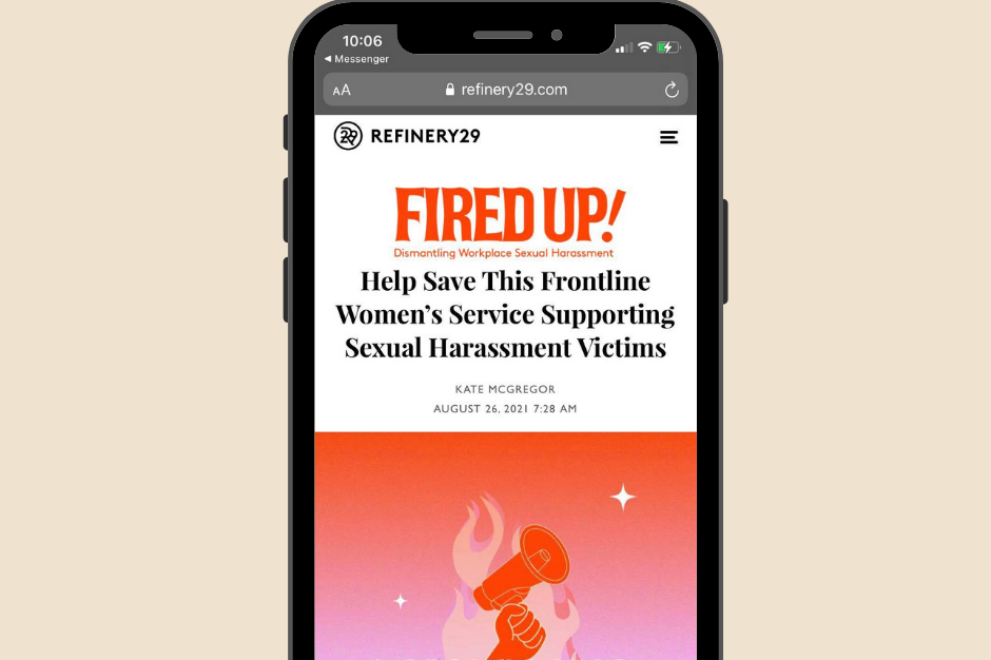
WHEN
03 Sep 2021
2pm – 5pm
EVENT TYPE
Workshop
WHERE
69 Grote Street, Adelaide SA
Accessibility: Please note that this venue is not wheelchair accessible, there are volunteers who can assist with accessing the venue if required, but only upon request.
We acknowledge that this event is on Kaurna land and we pay our respect to the traditional custodians of the land, past and present. Sovereignty was never ceded.
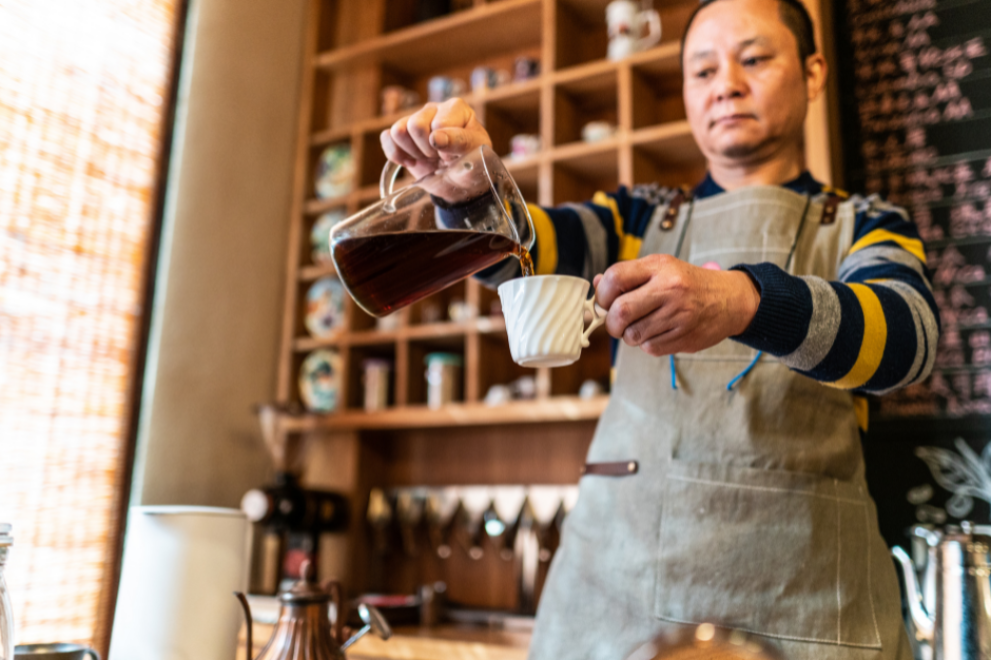
Read the full article on The Sydney Morning Herald here.
Specialist employment law centres that help women take action against underpayment and sexual harassment are warning they are at risk of closure as a decision on giving them permanent funding is delayed.
The federal government is still consulting states and territories over funding for the working women’s centres, which the landmark Respect@Work report from the national inquiry into sexual harassment in Australian workplaces recommended should be increased and made recurrent.
Standalone working women’s centres exist only in Queensland, South Australia and the Northern Territory. They are specialist workplace legal services that advise and represent women who aren’t union members and can’t afford private lawyers.
Sex Discrimination Commissioner Kate Jenkins recommended in the Respect@Work report that their funding should be boosted and similar services set up in the states that don’t have them.
“Our national inquiry found that support, advice and advocacy for victim-survivors of sexual harassment should be delivered through a multifaceted, holistic approach, including smooth and speedy referrals between services,”
she told The Age and The Sydney Morning Herald.
“Working women’s centres are well-placed to act as a central hub for this approach and address the intersectional needs of victim-survivors in a way that other services may be unable to.”
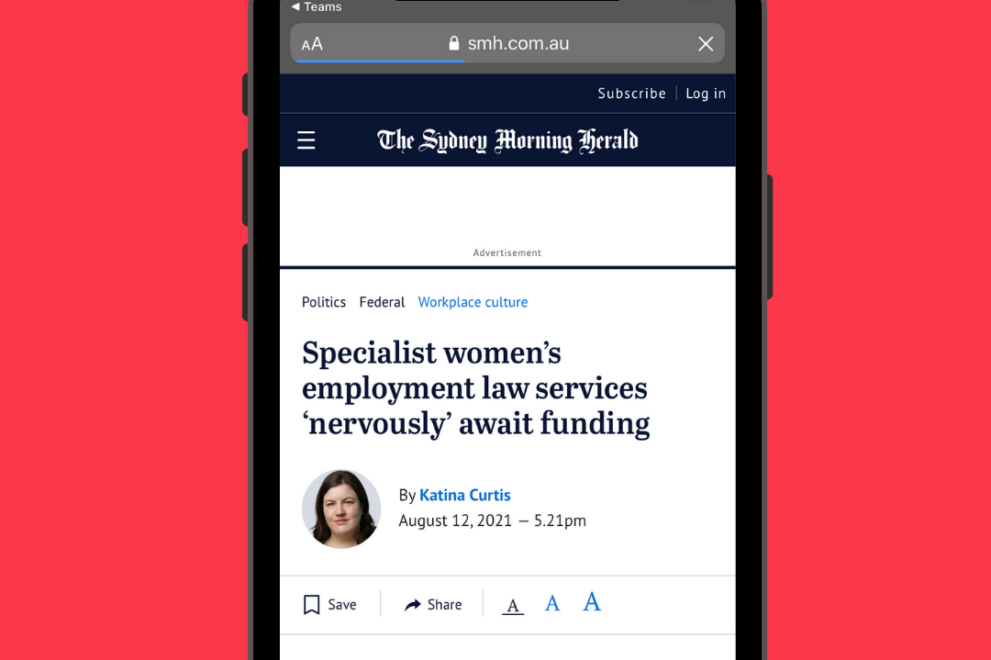
Registrations are open! Join our team & start fundraising for the Working Women’s Centre here:
https://citybay21.grassrootz.com/working-women-s-centre-sa
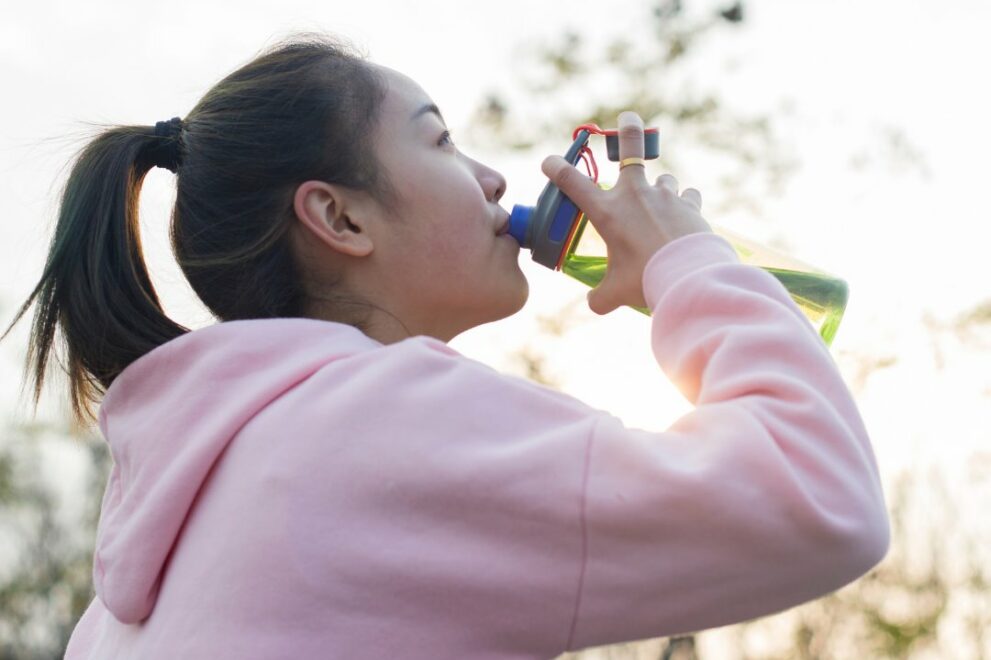
Have you experienced:
• Wage theft? Do you think you may not be being paid correctly?
• Unfair dismissal? Have you been dismissed from a job recently?
• Discrimination? Have you been treated badly at work due to race, gender or age?
• Sexual harassment?
• Bullying?
• Sham contracting? Does your employer call you a contractor, however you may be an employee?

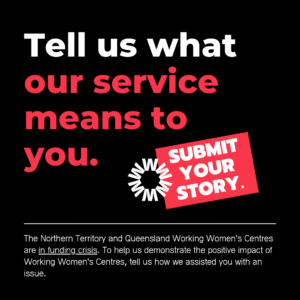

As the Women’s Safety Summit gets delayed, Working Women’s Centres have launched a fight for survival. Working Women’s Centres provide free advice, support and representation to thousands of working women every year about workplace issues.
Two out of five Australian women experienced sexual harassment at work in the past five years, but the Federal Government has failed to properly fund the Working Women’s Centres which provide a first point of contact for women experiencing sexual harassment in the workplace.
Recommendation 49 of the Respect@Work Report is that ‘Australian governments provide increased and recurrent funding to working women’s centres to provide information, advice and assistance to vulnerable workers who experience sexual harassment.
Quotes attributable to Nicki Petrou, Director of the NT Working Women’s Centre:
“Today, we are launching a fight for the survival of our specialised women’s services, services that support working women to ensure their workplaces are safe and fair. A key recommendation of the Respect@Work report was to provide increased and recurrent funding for Working Women’s Centres, but the Federal Government has not yet made any announcement of ongoing funding to the QLD and NT Working Women’s Centres.”
“With our one-off interim Federal funding running out in September, and without a further funding commitment from the Federal government, we will have to close the NT Working Women’s Centre by the end of the year. We will need to tell Territory women that we will no longer be there when things go wrong in the workplace, when they need our support.
“Whilst we are grateful for the interim funding from the Northern Territory and Federal Governments, this will not last forever and neither will we if we do not receive funding certainty soon. The time for our service is fast ticking away. We’ve been told that we needed to wait for discussions between state/territory and the federal government, for the Women’s Safety Summit in July. Discussions have been had, and the Summit has now been postponed until September., and now what? We can’t wait that long.
“The need for this funding is urgent: there has been a national outcry against workplace sexual assault that we know occurs in every industry. We cannot delay this. We cannot continue turning women away.
“To achieve safety for women in the workplace, all 55 Recommendations of the Respect@Work Report must be implemented and funded.
“Providing funding certainty to the NT Working Women’s Centre would cost less than $1 million per year. It costs less than $1 million to support women in the NT with our world leading model for tackling workplace sexual harassment and violence. How much are women in Northern Territory worth to this Governement?”
Quote attributable to Fiona Hunt, Director of Working Women Qld:
“Working Women Qld has been operating a reduced service since we lost Federal Funding in 2016. This has meant that hundreds of women in Queensland who have been treated unfairly or been sexually harassed in their workplaces have not been able to get the advice, support and representation they deserve and need to address these issues. Without the support of the Qld Government, the service would have been forced to shut down years ago. Now is the time for the Federal Government to respond to the Respect@Work recommendations and support vulnerable workers across Queensland. Working Women Qld needs Federal funding to operate a full service 5 days a week and to make sure that every woman in Queensland can be safe and equal at work.”
Quotes attributable to Abbey Kendall, Director of the Working Women’s Centre SA:
“The Working Women’s Centre SA is an example of what our service can achieve with sustainable funding. The South Australian Working Women’s Centre receives ongoing funding from both our state and federal governments. In the past two years, we recovered $1.2 million in compensation, stolen wages and penalties for workers.
“Women come to us when they are facing very complex, personal choices about how they respond to harassment in the workplace. Being armed with the facts about their options empowers them at a time when they are incredibly vulnerable. Our model of advice, education and advocacy is world leading. Funding Working Women’s Centres is an easy, immediate and tangible solution for the prevention of sexual violence.”
[End]
Save our Working Women’s Centres website:
https://saveourworkingwomenscentres.com.au/
MEDIA CONTACTS:
WWC NT Director Nicki Petrou
WWC QLD DirectorFiona Hunt
WWC SA Director Abbey Kendall
It all happened quite quickly. We arrived here as international students in February 2020, attended our orientation for two weeks, got lost on campus a few times and before we knew it, the pandemic had taken over most parts of the world and Australia closed its international borders indefinitely. No new international students would arrive, or indeed anyone who wasn’t an Australian citizen. I realized soon that I had to make the best of the situation. I missed home terribly and was concerned about my friends and family at home but could do nothing all the way from here. I decided to google all the things that I was interested in and tried to find organisations in South Australia I could get involved in, but I had no luck.
My glimmer of hope was an Ad put out by the Working Women’s Centre asking for volunteers on a project examining how young women in South Australia were impacted by COVID19. I was soon at the Centre every Monday amongst the most passionate women who were all collectively trying to improve the lives and wellbeing of women and vulnerable workers at the workplace. It was the most meaningful work I could ever have the pleasure of working on. Soon enough, we were picking up momentum by collecting more survey responses and holding consultations with international students (some of whom were my dear friends) to identify what challenges we were facing and how to make our voices heard. The result was the report titled “Loss of work, isolation & worry: the disproportionate impact of COVID-19 on young women” which was released in April, 2021.
We found that most COVID-19 related job losses occurred for part-time workers, who are disproportionately women and young people. Furthermore, international students who lost work due to COVID-19 had no access to government support like Jobkeeper or Jobseeker and had to rely on university support to make ends meet.
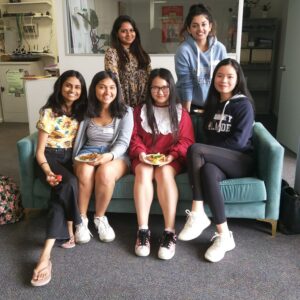
Pictured above: some of the participants from our consultation exploring the impact of the COVID19 pandemic on young women, with young international students based in South Australia.
Our consultation of female international students held in December revealed that finding a new job after losing one was one of the hardest tasks during a pandemic. In some cases, students reported a call-back rate of less than 10% when applying for jobs. Young women faced undue financial hardship as a result of this and had significant anxiety and worries over money matters. In addition to this, 44% of the survey respondents felt more discouraged about the prospect of finding work since COVID-19.
It is so difficult for young women to access safe and secure jobs, it is no wonder that we are stressed about being able to get one in the future.
This engagement with the Working Women’s Centre is what helped me get through the pandemic. It offered me a kind and supportive space to grow and learn. More importantly, I finally felt like I was part of a community that shared the same values as I did, advocating for those groups in society that often go unvoiced. If this is something you need as well, the Working Women’s Centre is the place for you.

Come along to our Feminist Action Session to help the Working Women’s Centre develop practical tools that can be used in workplaces.
1 in 3 Australians have experienced sexual harassment at work, yet only 18% of victims report their experience (according to the Respect@Work Report 2020).
The Working Women’s Centre SA has recently completed research that found that workplace posters are effective and engaging tools to highlight inappropriate behaviour and connect victims with support avenues. In the upcoming Feminist Action session, we will discuss ways in which we can combat sexual harassment in our workplaces and communities and support victims of sexual harassment. We’ll also share ideas for a meaningful poster for South Australian workplaces.
In this session you will have the opportunity to share your ideas and discuss the topic with like-minded individuals.
CONTENT NOTE: This event will involve a discussion of workplace sexual violence.
WHEN
29 Jul 2021
5.30-7.00pm
EVENT TYPE
Workshop
WHERE
The Working Women’s Centre SA, Level 1 Station Arcade, 52 Hindley Street
ACCESSIBILITY
Wheelchair Accessibility
We acknowledge that this event is on Kaurna land and we pay our respect to the traditional custodians of the land, past and present . Sovereignty was never ceded.
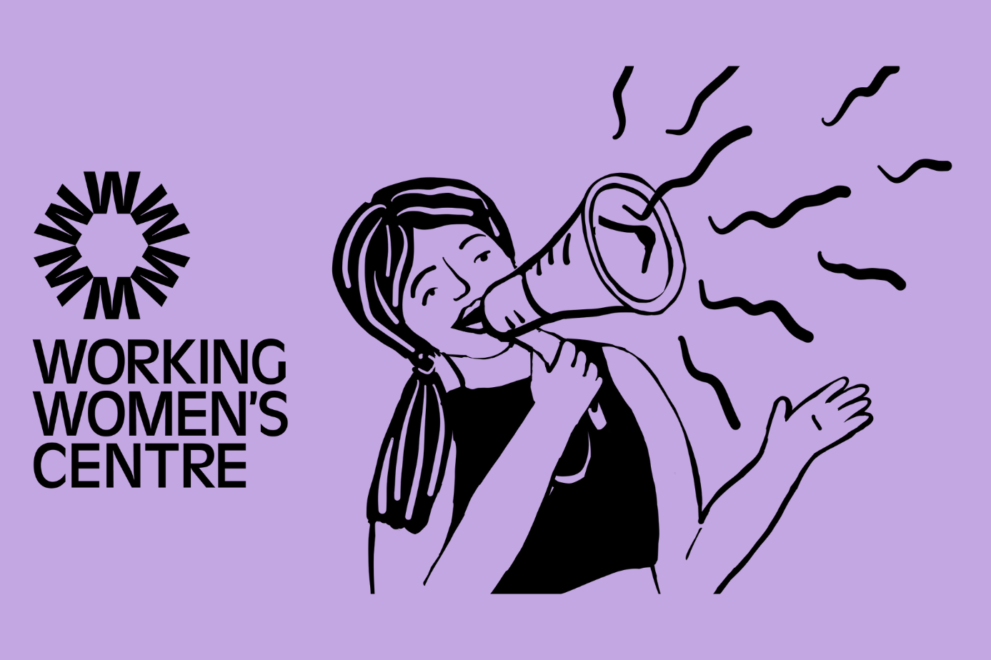
The Working Women’s Centre in collaboration with Fair Go SA, will co-host an educational workshop on worker’s rights and the Fair Work Act.
This will be followed by a confidential (one to one) advice clinic for any workers who need free industrial advice about work.
Our workshop will cover topics including:
At the Confidential Industrial Advice Clinic you can:
WHEN:
23 Jul 2021
2pm – 5pm
EVENT TYPE
Workshop
WHERE
69 Grote Street, Adelaide SA
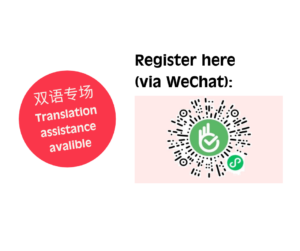
If you cannot register for this event via the We Chat QR code, please email to register: reception@wwc.org.au
Accessibility: Please note that this venue is not wheelchair accessible, there are volunteers who can assist with accessing the venue if required, but only upon request.
We acknowledge that this event is on Kaurna land and we pay our respect to the traditional custodians of the land, past and present. Sovereignty was never ceded.

We are pleased to announce major political parties have engaged the Working Women’s Centres to assist with workplace training. Since February, multiple political offices have contacted us to book our training ‘Preventing and Responding to Sexual Harassment’ and ‘When violence comes to work.’ This parties include:
We are pleased that political parties are taking proactive steps to prevent sexual assault in their offices by booking our training programs.
We will be working with Federal Labor and SA Labor over the next 6 months to roll out training for MPs, staff and volunteers.
Over May, the Working Women’s Centers educators travelled to Canberra to train all Federal Labor Chief of Staffs in the prevention of sexual harassment in the workplace. We are in the process of rolling out training for federal Labor offices across the country.
The Working Women’s Centre’s will also provide prevention of sexual harassment training to the Prime Minister and Cabinet department in the coming month. We have a long training relationship with the PMC team.
In South Australia, the SA Labor party passed a motion that commits to ensuring all South Australian Labor Members of Parliament, their staff, elected party officials, office bearers, campaign coordinators and campaign managers will undertake mandatory unconscious Bias training, Preventing and Addressing Sexual Harassment training and Bullying training within the next six months.
Further Senator Wong’s office has booked the suite of Working Women’s training program to be conducted in early July 2021.
We urge all states and territory governments and political parties to do the same. Leadership comes from the top.
Training programs
We encourage all political parties’ and employers to contact the Working Women’s Centres to discuss our training programs. In February 2021, after the allegations of sexual violence and harassment in Parliament House and political parties, we wrote to all political parties, their leaders in every state and territory to encourage them to take the crucial step of engaging workplace training. A previous media release about our correspondence with political parties can be found: here: https://wwcsa.org.au/call-for-all-political-parties-to-undertake-training-on-workplace-sexual-harassment/
Quotes attributable to Abbey Kendall, Director of the South Australian Working Women’s Centre.
“Workplace training is crucial to eliminating violence against women in the workplace and the community. The training must be evidence based, trauma informed and mandatory. We wrote to every political party in the country asking them to lead in this area and we are really pleased that our training programs have been taken up.“
Working Women’s Centre Training Officer Cassandra Deon-Wierda says
“Workplace training and education programs are a vital tool to improving organisational and team culture. Through action based and cooperative learning staff can become empowered and confident in their skills, knowledge, and communication with one another. As we start to gain a better understanding of the intersection of unconscious bias and serious issues within the work environment, the need for employers to maintain an inclusive environment committed to equity and respect are essential.“
Despite our crucial work, Working Women’s Centre’s in NT and QLD are in a funding crisis. We are asking the federal government to save the NT and QLD WWC and establish Working Women’s Centre’s in every state and territory in line with recommendation 49 of the Respect@Work Report. Media releases about this fight can be found here: https://wwcsa.org.au/media/media-releases/
Unless the Federal Government steps and provides ongoing and sustainable funding to the NT and QLD Working Women’s Centre, they will not be able to provide this crucial training.
In the Northern Territory –the NT Working Women’s Centre continues to receive requests for workplace training in a broad range of areas including sexual harassment, domestic and family violence and bullying. ‘All Work Aware training has a violence prevention focus. It is intended to provide safer workplaces by assisting employers/employees understand the issues and how to better respond and support workers on the ground. It is about changing the culture and making workplaces fair and safe for all, proofing your organisations against avoidable risks.’ To date, we have delivered training to a number of Government departments, not for profits and small businesses. It would be helpful if Working Women’s Centres training was available more broadly to workplaces, that we could be funded to roll this out to workplaces across Australia and not just to those who can afford it.
WWC SA Director – Abbey Kendall – 08 8410 6499 – reception@wwc.org.au
WWC NT Director – Nicki Petrou
WWC QLD Director – Fiona Hunt
The Working Women’s Centres call on the Federal Government to immediately take action and fund the Northern Territory and Queensland Working Women’s Centres.
The funding and establishment of Working Women’s Centres in every Australian state and territory is essential to addressing workplace sexual harassment, and forms a key part of the Respect@Work report, appearing at recommendation 49.
The recommendation is that ‘Australian governments provide increased and recurrent funding to working women’s centres, to provide information, advice and assistance to vulnerable workers who experience sexual harassment, taking into account particular needs of workers facing intersectional discrimination.’
The Federal Government has agreed to this recommendation in the Roadmap for Respect. However, the government has failed to provide certainty as to its funding commitment or timeframes around these discussions.
We cannot wait. The Northern Territory and Queensland WWCs have 10 weeks to find funding or face the prospect of closing. This will be devastating to working women in QLD and the NT and it will fly in the face of the federal governments promises to address gendered violence in the workplace.
The Government must act now and immediately fund the NT and QLD services. Our clients, communities and working women are depending on us. Working Women are depending on the government to save their services, who work and understand the local environment and the challenges in which they live and work.
Funding Working Women’s Centres is an easy, immediate and tangible solution for the prevention of sexual violence. This is the first test for the new Attorney General and the federal government since their response to the Report’s 55 recommendations.
Experts and leaders in gender equity regularly talk about the Working Women’s Centre holistic model as world leading. WWCs form the backbone of the fight to eliminate gendered violence in our workplaces and the community.
Director of the QLD Working Women’s Centre Fiona Hunt says: “All women deserve safe workplaces and someone to champion them when they are treated unfairly. WWC QLD works with the most vulnerable women in QLD to keep them employed, to get what they are entitled and to walk away fairly if needed.”
Director, of the NT WWC Nicki Petrou says: “In a climate when women’s safety at work has again hit the headlines, when the Federal Government has committed to building women’s workforce participation, economic security and making women’s homes and workplaces safe, funding specialist women’s services such as the Working Women’s Centres who are here now continuing to do the work, in supporting women with workplace issues and throughout COVID is especially critical. This also makes good sense.”
Director of the SA WWC Abbey Kendall says: “The South Australian WWC is a great example of what a secure and funded and working women’s center can do for workplaces, vulnerable people and working women. We make a big impact in South Australia but we need a national approach to this issue. We need an alliance of well funded Working Women’s Centres in every state and territory and the first step to achieving that is to save the NT and QLD centres”.
WWC NT Director – Nicki Petrou,
WWC QLD Director – Fiona Hunt
WWC SA Director – Abbey Kendall
The Working Women’s Centres are not-for-profit organisations which providefree advice, representation and support to vulnerable, workers about their rights at work. Additionally, the WWC’s advocate for systemic change to improve women’s workplace conditions and safety, and offer a range of free and fee for service training for workers and employers about workplace rights. This includes bullying, sexual harassment, and appropriately responding to disclosures of domestic violence.
There are currently 3 WWCs across the country (SA, NT and QLD). The only WWC with secure funding is WWC SA with the QLD service now a program of the Basic Rights Centre following non continuation of its funding 4 years earlier.
The Working Women’s Centre is made up of three arms:
Industrial/Legal support – we provide advice and representation to vulnerable workers who contact the Centre with work issues through 1:1 clinic appointments
Advocacy – we conduct advocacy to resolve systemic issues that affect women and other vulnerable workers, such as sexual harassment and precarious work
Education – we provide fee-for-service and free training for workers and employers about workplace rights. This includes bullying, sexual harassment, and appropriately responding to disclosures of domestic violence.
Core practices of the WWC
The Working Women’s Centre model is unique due to the combination of a number of core practices.
This interview was published by The Wire May 13 2021.
Listen to the full interview on The Wire here.
In a bid to repair their relationship with the women of Australia, the Federal Government is committing $3.4 billion to improving women’s safety, economic security, and health and wellbeing.
Women’s organisations say far more funds are needed to address workplace sexual harassment and violence.
Meanwhile, advocates welcome long-awaited recognition of violence against women and girls with disabilities.

This article was published by Glam Adelaide 16 March 2021.
Read the full article and see the photo on Glam Adelaide’s Website
March participants congregated at midday in Victoria Square to hear speeches before heading down to North Terrace.
Hosted by March 4 Justice, the event championed inclusion, and people of all genders were in attendance.
“The March is not just for women. It’s for everyone who wants an end to gendered violence – people from all backgrounds are welcome,” they say.
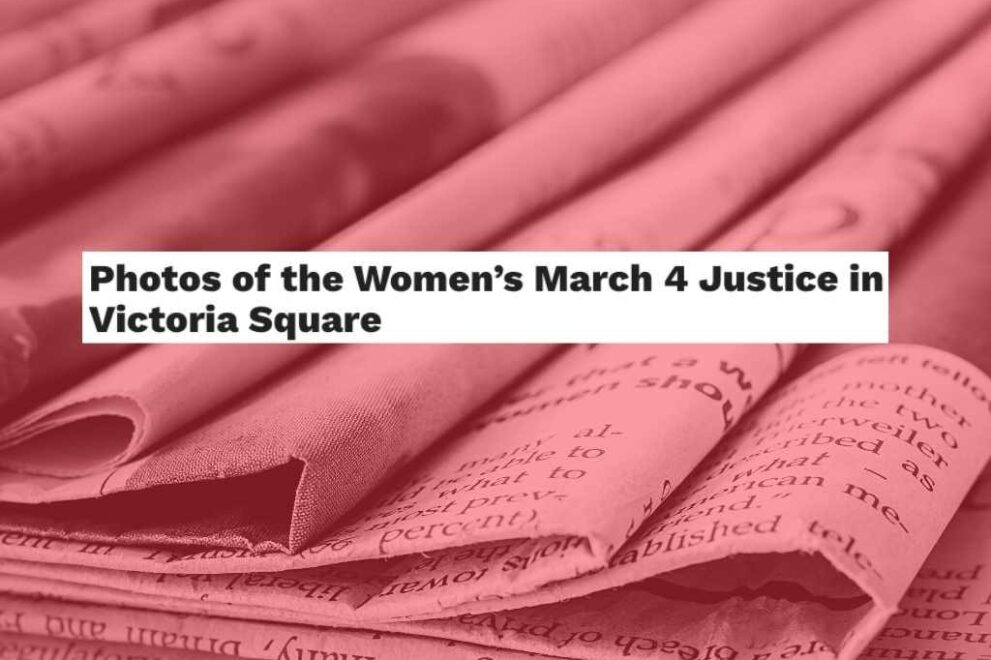
This article was published by Croaky May 12 2021.
Read the full article on Croaky’s website here
Introduction by Croakey: The “shocking global disparity” in access to vaccines remains one of the biggest risks to ending the pandemic, the World Health Organization’s Director-General warned this week.
Dr Tedros Adhanom Ghebreyesus said high and upper-middle income countries, representing 53 percent of the world’s population, have received 83 percent of the world’s vaccines.
By contrast, low and lower-middle income countries account for 47 percent of the world’s population but have received just 17 percent of the world’s vaccines.
Speaking to a media briefing on 10 May, Dr Tedros cautioned against complacency as the number of COVID-19 cases and deaths plateau globally, notwithstanding rapidly increasing cases numbers and deaths in the South-East Asia region.
“Any decline is welcome, but we have been here before,” he said. “Over the past year, many countries have experienced a declining trend in cases and deaths, have relaxed public health and social measures too quickly, and individuals have let down their guard, only for those hard-won gains to be lost.”
The WHO Foundation has launched a “Together for India” appeal to raise funds to support WHO’s work in India, including the purchase of oxygen, personal protective equipment and medicines.
Dr Tedros said the spread of variants, increased social mixing, the relaxation of public health and social measures and inequitable vaccination are all driving transmission.
“My message to leaders is, use every tool at your disposal to drive transmission down, right now,” he said.
“Even if your country has a downward trend, now is the time to surge your capacities. Even in countries with the highest vaccination rates, public health capacities must be strengthened to prepare for the possibility of vaccine-evading variants, and for future emergencies.”
Meanwhile, public health researcher Alison Barrett details some of the latest research news on COVID vaccination and useful vaccination resources in the latest edition of the COVID-19 wrap, as well as reporting on the pandemic’s impact on women.
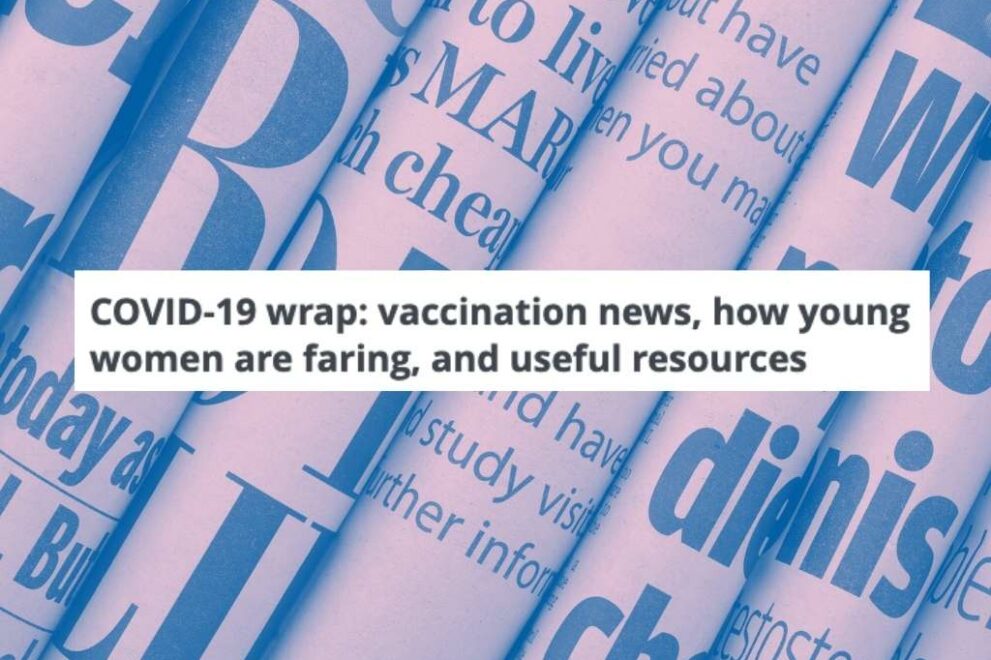
Working Women’s Centres – the first point of contact for women experiencing sexual harassment in the workplace – received just $200,000 in the Federal Budget.
“We are experts in preventing and addressing workplace sexual harassment and violence through one-on-one support, training and advocacy. The NT and QLD Working Women’s Centres are experiencing a funding crisis, yet only $200,000 was delivered in the Federal Budget. This represents only interim funding. How long can we wait for funding certainty?” said Nicki Petrou, Director of the Working Women’s Centre NT.
“Despite our long and proud history of supporting women workers and advocating for fairer and safer workplaces, we continue to battle for funding to keep our doors open.
“This is a huge missed opportunity for the Prime Minister to show a commitment to tackling workplace sexual violence. There is a massive unmet need for our services. Funding Working Women’s Centres is an easy, immediate and tangible solution for the prevention of sexual violence and provision of direct specialist support to women across Australia.
“In 2016, the Queensland Working Women’s Centre was defunded by the federal government and in 2020 we lost funding for the NT Working Women’s Centre. This Government has not provided any funding certainty in the Budget. This is disappointing to working women across Australia who are in desperate need of support.
“The Working Women’s Centre model is world-leading. We are the backbone of the struggle against workplace sexual harassment and violence. The voices of working women have not been heard. Survivors all over the country are speaking out, yet the “women’s budget” doesn’t adequately support survivors of sexual violence in the workplace. Scott Morrison has failed working women.”
“A key recommendation of the Respect@Work report – Recommendation 49 – was to fund Working Women’s Centres in every Australian state and territory. This is because our world-leading model is proven. Working Women’s Centres allow women to access free information and advice from specialist services when they experience sexual harassment at work,” said Nikky Candy, Director of the Working Women’s Centre SA.
“When a woman experiences sexual harassment at work they face very complex, personal choices. Being armed with the facts about their options empowers them at a time when they are incredibly vulnerable. Women should not have to make a decision between their safety and economic livelihood. This funding decision will leave vulnerable women even more vulnerable.”
“The Prime Minister has failed the test when it comes to tackling sexual violence in the workplace, especially for women in the NT who face the prospect of being left without specialised support in a matter of months. Funding the NT and QLD centres would have cost approximately $1.4 million per year, but instead, the government has only provided $200,000 in the budget to be split across both Centres.
“This $200,000 is not enough to save the NT Working Women’s Centre, which faces the prospect of closure after 1 July 2021. Both the NT and QLD Working Women’s Centres will have to turn away women in need of support and representation.”
“We are a much needed safety net for all Australian women to be supported at work. The government agreed with Recommendation 49 in their Roadmap to Respect, but has not yet done what is required to save the Working Women’s Centres,” said Fiona Hunt, Director of the QLD Working Women’s Centre.
MEDIA CONTACTS:
WWC QLD Director – Fiona Hunt
WWC NT Director – Nicki Petrou
WWC SA Director – Nikki Candy
Notice of press conference
WEDNESDAY 12 MAY, 11:15AM
Senate Courtyard, Australian
Parliament House
| WHAT: | Lawyers and advocates respond to defunding of Working Women’s Centres |
| WHEN: | 11:15AM
Wednesday, 12 May 2021 |
| WHO: | Nicki Petrou, Working Women’s Centre NT Director
Fiona Hunt, Working Women’s Centre QLD Director |
| WHERE: | Senate Courtyard
Australian Parliament House, Canberra |
| MEDIA
CONTACT: |
Nicki Petrou, WWC QLD Director
Fiona Hunt,WWC NT Director Nikki Candy, WWC SA Director |
This article was published by City Mag May 10 2021.
Read the full article on CityMag’s website here
A report conducted by not-for-profit organisation Working Women’s Centre has found South Australian women were “disproportionally” impacted by the COVID-19 pandemic.
Between September 2020 and February 2021, the organisation collected written and online responses from 293 women, non-binary and genderqueer people under the age of 30. It found respondents were “hit hard” by the loss of work, increased pressure at work and home, and the mental health impacts of COVID-19.
The study revealed 44 per cent of respondents felt “discouraged” about the prospect of finding work, 48 per cent said they were “very worried” or “anxious” about money, a quarter had hours or pay reduced, and one in five lost their jobs.
This survey adds to the extensive media coverage and research conducted over the last year on how women have been disproportionately affected by the COVID-19 pandemic.
“WHAT CAN WE DO TO MAKE SURE THERE ARE BETTER OPPORTUNITIES HERE FOR SECURE WORK?”
— MADDIE SARRE
“The general mood that was conveyed to us by young women was very uncertain, and a lot of them spoke about being really worried about not being able to get work in the future,” Working Women’s Centre Youth Project Officer Maddie Sarre tells CityMag.
“Some of the main findings were that loss of work has been really huge for young women, because they are disproportionately working in a lot of the sectors that were impacted, also often employed casually, or in insecure work.
“But on the other hand, young women who are working in frontline sectors really faced increased pressure and stress. A lot of young women work in healthcare or in education, and about 40 per cent of those that responded to our survey said they were worried about getting COVID through their work, which I think takes a really big toll.”
Recently published ABS data shows women in the 20—34 age range accounted for 70 per cent of South Australia’s net female migration loss in 2019.
Although it’s been reported South Australia’s net interstate migration is at a 30-year high, the ABS data backing this claim shows South Australia is still consistently suffering a net loss in the 25—44 age range. (Though this data isn’t broken down by gender.)
Maddie says more research should be done to understand why this is occurring.
“We need to look into why are young people leaving,” she says, “and what can we do to make sure there are better opportunities here for secure work.”
Maddie says South Australia has “an opportunity right now”, as many of the young women surveyed by the Working Women’s Centre said they came back to South Australia “because of COVID”.
“It’s a real opportunity to retain those skills,” she says.
The WWC report includes four recommendations on how to improve outcomes for working women:
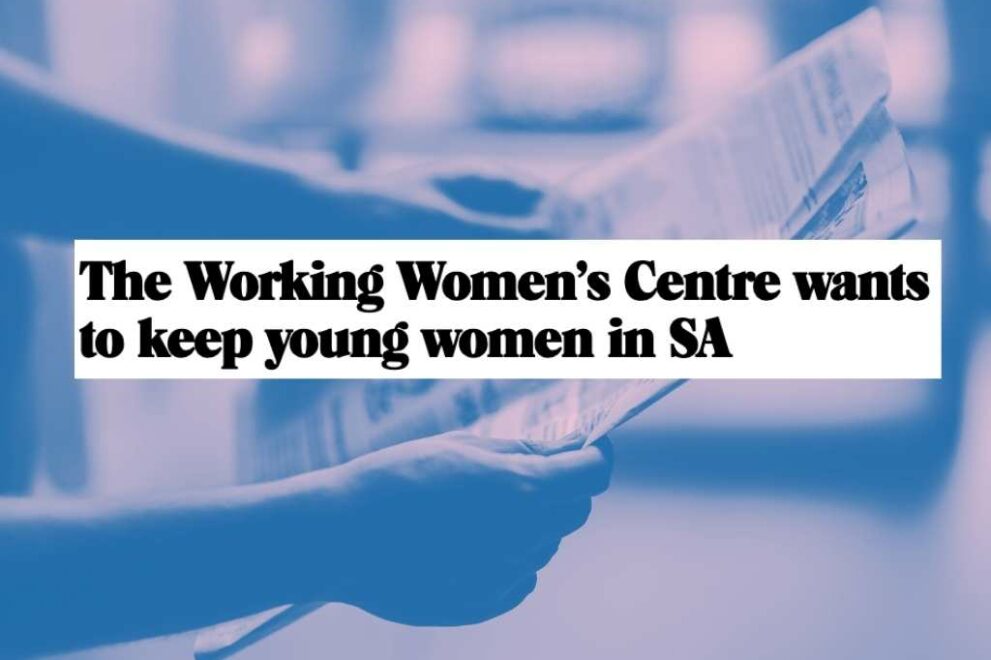
Two out of five Australian women experienced sexual harassment at work in the past five years. Despite this national crisis, Prime Minister Scott Morrison has refused to commit to funding the services that provide a first-point-of contact for women who are sexually harassed at work.
“Working Women’s Centres provide free, expert and impartial information to women about their rights and options when they are sexually harassed at work. The Queensland Working Women’s Centre was defunded by the federal government in 2016 and NT Working Women’s Centre was defunded in 2020.” said Fiona Hunt, Director of the Queensland Working Women’s Centre.
“The Respect@Work Inquiry specifically recommended that the Prime Minister do the opposite. It proposed we be funded to establish a Working Women’s Centre in every state and territory.
“We run on the smell of an oily rag, but the services we provide change women’s lives every day. Many women don’t know where to turn when they experience sexual harassment at work. They face difficult decisions and often face choosing between their safety and their livelihoods.
“The model is proven. We provide free information to women and already there is a huge unmet need. It’s absurd that we are now faced with closing the Northern Territory and Queensland Working Women’s Centres when the Respect@Work Report said we should operate in every state and territory.
“It would cost approximately $20,000,000 to properly establish and fund Working Women’s Centres in every state and territory. Given workplace sexual harassment costs the economy more than $2.6 billion per year, this is a drop in the ocean.
“We help women from all walks of life understand their rights and options. Our staff are experts in workplace law and trained in working with vulnerable clients. We also offer workplace training on preventing sexual harassment, which changes workplace culture.
“Recently, we have assisted a young woman who was working in a male dominated industry and was subject to unwanted sexual advances and touching during her probationary period. When she complained she was dismissed. We represented her to make a sexual harassment discrimination complaint, and she won substantial compensation. We receive hundreds of calls from women in similar situations who need our help,” said Fiona Hunt.
Nicki Petrou, Director of the NT Working Women’s Centre said: “In a climate when women’s safety at work has again hit the headlines, when the Federal Government has committed to building women’s workforce participation, economic security and making women’s homes and workplaces safe, funding specialist women’s services such as the Working Women’s Centres who are here now continuing to do the work, in supporting women with workplace issues and throughout COVID is especially critical. This also makes good sense, including economic sense when you look at the costs.”
“Workplace sexual harassment occurs in every industry, at every level, across every profession, in every region of Australia and cultural group. If Prime Minister Scott Morrison is genuine about acting to prevent sexual harassment he must immediately reverse the current funding situation for at risk Working Women’s Centres and invest seriously in women’s specialist services to appropriately respond to these issues.” said Nicki Petrou.
WWC NT Director – Nicki Petrou
WWC QLD Director – Fiona Hunt
WWC SA Acting Director – Nikki Candy
This article was published by ABC News Friday 30th April 5.47am 2021.
Read the full article on the ABC’s website here
A sample survey of South Australian women aged under 30 has revealed heightened anxiety and a lack of optimism about job prospects due to the global coronavirus pandemic.
Almost 300 women aged under 30 were surveyed by the Working Women’s Centre SA between September 2020 to February 2021.
More than 70 per cent of respondents said they had become “more anxious, sad or depressed” due to the pandemic, and 44 per cent said they were “discouraged” about the prospect of finding work.
“The social and economic ramifications of COVID-19 have disproportionately affected young women compared to other demographics,” the report stated.
More than half of respondents found “their way of working disrupted” and more than a quarter “had their hours or pay reduced”.
Nearly half said they were “very worried or anxious” about money.
“Between the time that SA’s first COVID-19 restrictions entered force in March 2020 and January 2021 all-male jobs had recovered, while female jobs remained well below pre-pandemic levels,” the report stated, citing Australian Bureau of Statistics data.
“This is a stark demonstration of the vulnerability of female jobs to disruption.
Working Women’s Centre youth project officer Maddie Sarre said the findings represented “a snapshot” of how young women in SA continued to be affected by coronavirus and its ongoing economic effects.
“On the other hand, those that continued to work during the pandemic faced increased pressure, through increased workloads and stress in frontline sectors such as healthcare.
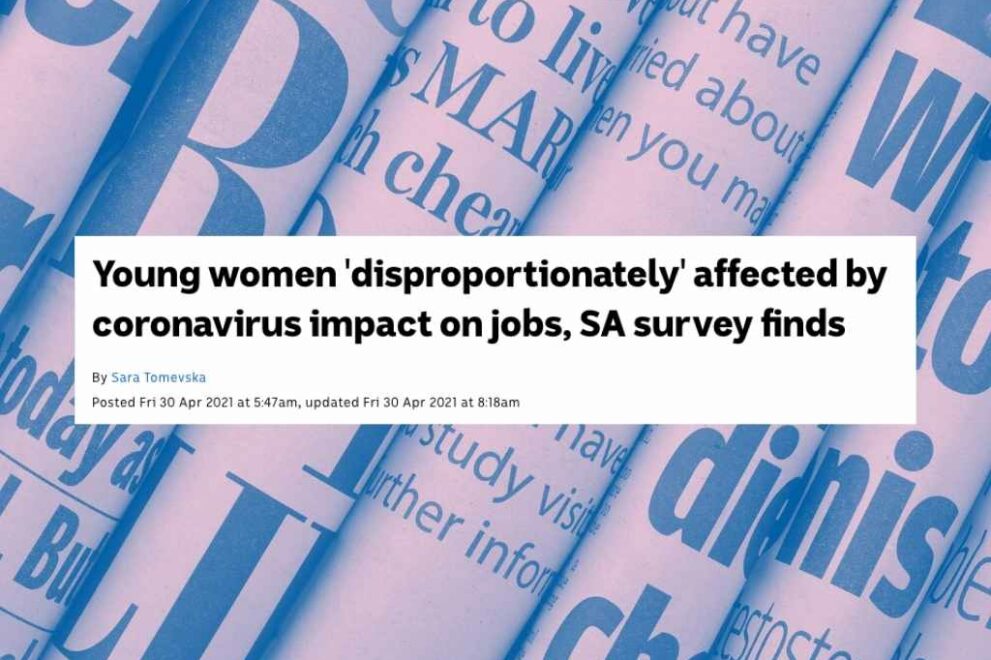
This article was published by City Mag 18 March 2021.
Listen to the full interview on The Wire here.
Recent cases instigating this public action include the alleged rape of former Liberal Party staffer Brittany Higgins by a colleague, and a historical 1988 rape accusation levelled at Attorney-General Christian Porter (which he denies).
From within the crowd, CityMag saw speeches in the Square, before protesters marched to Parliament House and back. The first speaker was Kaurna and Wirangu woman Rosemary Wanganeen.
Rosemary tells the crowd colonisation and the “Western patriarchal construct” created the “greater potential” for society’s male elite “to live in privilege”.
“Those living in a society with a Western patriarchal and colonised mindset depend on us as women to fall into a rabbit warren of hopelessness, in the hope that believing is all too hard. But we’re not going to do that, are we?” Rosemary says. The crowd responds: “No”.
“We are going to keep making noise,” Rosemary continues, “and yes, we’re going to get emotional.”
CityMag speaks to a number of protesters while the speeches rage on, including a 67-year-old “survivor of sexual assault”, who we’ve chosen not to name.
She says while working in the corporate world she’d “seen a lot” in terms of sexual harassment. “Enough is enough,” she says.
In another group of protesters, we meet Barbara and Quintin McIntyre. We ask why they’re here. Barbara breaks into tears. Quintin, her husband, answers: “[Barbara] told me before that she wants things to change so her granddaughters don’t go through what she went through.
“You don’t need another review. You need things to actually change.”
Barrister Clare O’Connor also spoke at the event, saying this national effort was spurred on by the last three weeks of “disgusting information” emanating from Canberra, and government leaders need to commit to reform.
“There’s been a very, very good inquiry with 55 recommendations that came down from the Human Rights Commission. It explained how to make a workplace safe,” she says, referring to the Respect@Work report.
“We need to demand action from our politicians in relation to these things. We need to demand action in relation to those workers who are protected, those who do not have to be investigated – those parliamentarians in Canberra. Why are they above the law?”
South Australia has been in the throes of its own toxic parliamentary issues, with the publication of the Acting Equal Opportunity Commissioner’s recent report into parliament finding sexual harassment “prevalent” and “the problem and its solutions sit at an organisational and cultural level”.
The report includes 16 recommendations aiming to prevent and appropriately handle sexual and discriminatory harassment in this particular workplace, however the document reiterates sexism will only really be eliminated “through concerted efforts to create cultural change”.
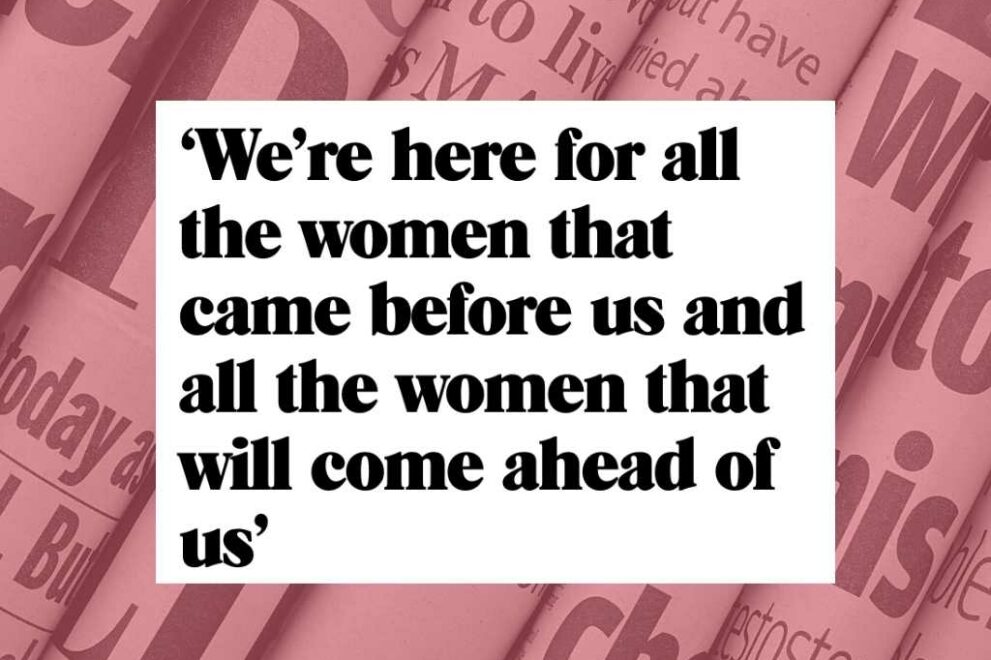
This interview was published by InDaily Monday March 15 2021
Read the full article on InDaily here.
The crowd of mostly women gathered on the steps of Victoria Square to the sound of John Farnham’s You’re The Voice with placards warning “I’m angry”, “enough is enough”, “no Porter in the house” and “we believe you Brittany”.
They then marched down King William Street towards Parliament House chanting “justice for women now” and “we will not be silenced”, before heading back to Victoria Square.
Among the protestors were SA politicians including SA Best MLC Connie Bonaros and Opposition Leader Peter Malinauskas, and human rights barrister Claire O’Connor SC.
The inaugural Adelaide March4Justice event, which started at noon, coincided with 35 protests across Australia, including in every capital city and many regional centres.
The protests supported a national march in Canberra, where a petition was delivered calling on Prime Minister Scott Morrison to act on gendered violence against women, including female Members of Parliament and staff.
The Adelaide protestors joined an estimated 100,000 people across the country calling for independent investigations into all cases of sexual harassment and assault.
South Australian protestors also called for SA Parliament to fully implement all 16 recommendations made in the Equal Opportunity Commission’s recent damning review into sexual harassment in State Parliament.
The protest’s co-organiser Dr Samantha Battams told reporters the review’s findings were not surprising.
“Women are silenced about these things – they don’t often speak up and tell their friends and family because they actually fear the consequences,” she said.
“We have already seen that with some of the national cases where women have lost their jobs.”
Barrister Claire O’Connor SC said she was the victim of violence and harassment in her workplace.
She said “every woman is here because she knows and she has experienced the pain and suffering that comes from being treated unfairly in the worksite, being treated unfairly in the home, being the victim of sexual assault and knowing that our voice doesn’t matter”.
“Enough is enough of the culture of not listening, not acting and blaming. That’s why we’re here.”
Former Federal Liberal staffer Chelsey Potter, who survived an alleged sexual assault by another former colleague in 2015, attended the Adelaide march.
She told InDaily that today was a “crucial moment for women in this country”.
“It’s actually quite emotional to feel that every woman has stood up and said ‘yeah this has happened to me’, or ‘I know someone this has happened to or you know what? I just don’t want this to happen anymore’,” she said.
“That’s an incredible thing – I’ve never actually witnessed something like this before and it’s a credit to Brittany Higgins and all the women who have stood up and said something.”
Potter said she hoped today would be “the beginning of an era where women will start calling assault and harassment out”.
Today is not the start of the social movement, but it is the start of a new notion and a new movement in Australia
She said there was was “no way” that politicians could ignore the protests happening across the country.
“They’re doing a very good job of trying to – particularly in not attending the march and I’m hoping there will be a minute to midnight change for government MPs, particularly for Coalition women to attend the march,” she said.
“I do feel like there’s no way but forward now.
“There certainly can’t be anymore ignorance on the issue, there certainly can’t be any more closed doors meetings, it has to be a conversation with women.”
The protest also heard from Kaurna and Arabunna woman Janette Milera, who organised the Black Lives Matter protest in Adelaide last year.
“Our women have been fighting the colonial white men from the day of colonisation,” she said.
“Our women have been raped, they have been taken and stolen and made as sex slaves since colonisation.
“We all need a change as women because this man’s law that we live under, it doesn’t work for any of us.”
One protestor, who InDaily has chosen not to name, held a sign that read: “Hear me rage. Justice for rape victims”.
“I’ve been raped and sexually abused four times in my life,” she said.
“I’ve reported it to police on four different occasions and… I haven’t taken it to court because of the damage it will do to me and my family.
“I haven’t been able to let out my rage and this is about me settling into my power and rage.”
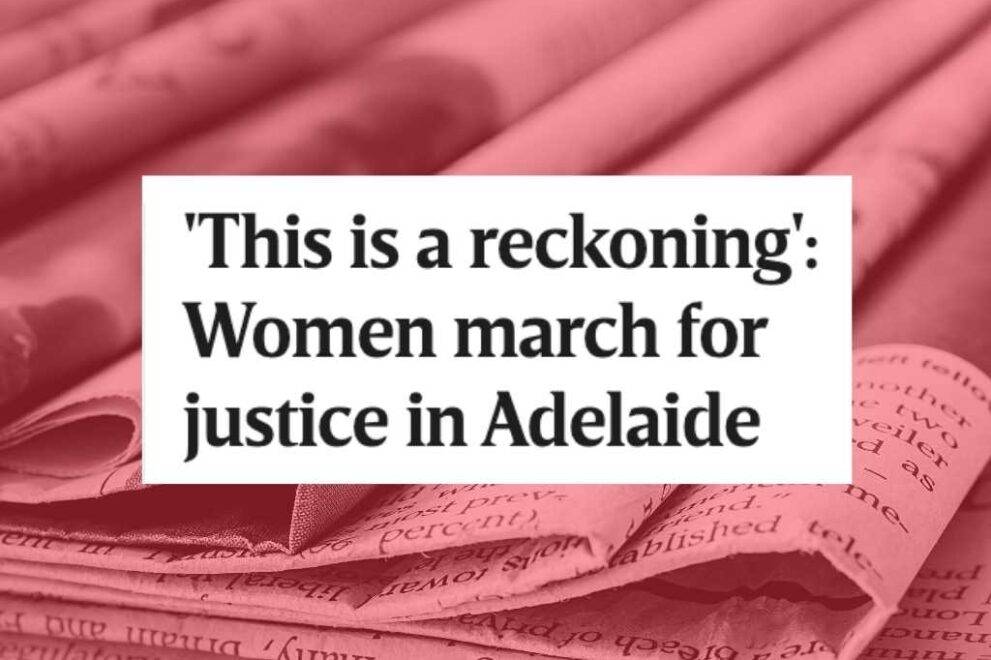
FOR IMMEDIATE RELEASE
This win for Senator Hanson Young is a Win for all Working Women.
Senator Hanson Young’s win against David Leyonhjelm in the Federal Court of Australia is telling; the tide is changing and sexist, misogynist behaviours are no longer tolerated by the courts, in public discourse or our workplaces.
The Working Women’s Centre SA Inc congratulates Senator Hanson Young and confirms that we are one of two organisations of which Senator Hanson Young will donate the awarded damages.
The Working Women’s Centre SA Inc Director Ms Abbey Kendall says:
“This case highlights the issue of Sexual harassment and misogynist speech at
all levels of Australian workplaces. This is happening all over our country, and
often women do not have the platform or the resources to stand up to the sexist
behaviour in such a public and spectacular way as Senator Hanson Young has.
This is why the Working Women’s Centre SA Inc exists, to even up the playing
field.By donating a portion of the damages to the Working Women’s Centre SA Inc,
Senator Hanson Young is ensuring that the Working Women’s Centre SA Inc”s
work will continue and we will be in a stronger position to assist South
Australian women to stand up and fight back, just as the Senator did.”
The 2020-21 state budget includes significant funding for infrastructure, including social infrastructure for hospitals and schools. Investing in our infrastructure in health and education sectors is beneficial for women, who make up the majority of workers in these sectors.
Increased funding towards traineeships and apprenticeships is another positive. The budget includes funding for 750 new traineeships and apprenticeships in government agencies and funded projects.
Young women are experiencing high levels of unemployment and underemployment. Women are more likely to be precariously employed, and direct funding towards traineeships and apprenticeships will help young people and women to gain secure work.
It is essential that the new infrastructure jobs and apprenticeships are equally distributed. The infrastructure push will lead to more jobs in construction and other traditionally male-dominated sectors. The government must develop a strategy to ensure that a greater proportion of those jobs go to women.
Working Women’s Centre Director Abbey Kendall said:
‘Let’s make sure that women as well as men are wearing hi-vis on these new big construction sites. Let’s make sure that women have an equal chance at a cyber-security traineeship as they do in the disability and aged care sector. It will require a targeted government strategy to avoid women being left behind in what could be a bloke-heavy infrastructure push.’
‘Likewise, the government needs a strategy for ensuring that an equal share of these new apprenticeships are going to young women. Jobs created through the funding boost for our national parks and reserves should go to First Nations people, young people and women in regional areas who are experiencing particularly high rates of unemployment. This is the time to reimagine the way we work.’
Working Women’s Centre Youth Project Officer Maddie Sarre said:
‘We’re hearing from so many young women that they are struggling to find secure work at the moment. The majority of them are open to starting a new career. This infrastructure and training push is the perfect opportunity to make sure young women have better access to tradie jobs.’
Media contacts:
Abbey Kendall, Director & Maddie Sarre, Youth Project Officer
reception@wwc.org.au
MEDIA RELEASE
3 September 2020
The Working Women’s Centre SA said today that COVID recovery stimulus measures need to go to feminised sectors if we are serious about economic recovery. Young women have been hit hard by COVID-related unemployment and underemployment, and investment in sectors which employ more women is the best thing we can do to address the economic crisis in the wake of COVID.
SA Premier Steven Marshall said this week that there will be new economic stimulus measures over the coming months, but has not yet specified which sectors the measures will be targeted at. Traditional economic stimulus measures focus on job-creation in male-dominated sectors through infrastructure and construction projects. But in this recession, young women are the ones who have been hit hardest by loss of work. Investment in sectors like social care and education would create at least twice as many jobs as the same investment in construction, and a far higher percentage of those jobs would go to women.
Abbey Kendall, Director of the Working Women’s Centre SA, said “We have had countless women come to our Centre seeking assistance after losing work due to COVID, often in unfair and discriminatory circumstances. When you look at the percentage of young women who are unemployed or underemployed currently, it’s far higher than that of any other age or gender demographic. This is because many of the sectors that have suffered, like tourism, hospitality and retail, are sectors with a majority-female workforce. Young women are also likely to work in casual jobs, and many have lost their job and been unable to access JobKeeper.”
“Many of the women that have continued working throughout the crisis have been workers on the frontlines: our health workers, our aged care workers, our teachers. Working women have been put under considerable strain during COVID. We need to show that we value the work that women do by investing in feminised sectors.”
“Economic stimulus that would create jobs for women could look like investment in mental health, in the arts, education, in environmental projects or programs to support international students. Stimulus measures that employ women are good for the community, and good for economy. We need to ensure that we are thinking about social infrastructure. All the research is telling us that government spending in health, education and care will create many more jobs than construction. Social infrastructure has to be a priority.”
“Where we invest in infrastructure, when we build social housing, roads, bridges, community centres, we have to make sure women are getting jobs on these construction sites. We need targets around female apprenticeships, so that we move all of these young women who have lost their jobs in hospitality, retail, tourism and accommodation into secure and valuable work. ”
Media contact: Maddie Sarre, maddie@wwc.org.au